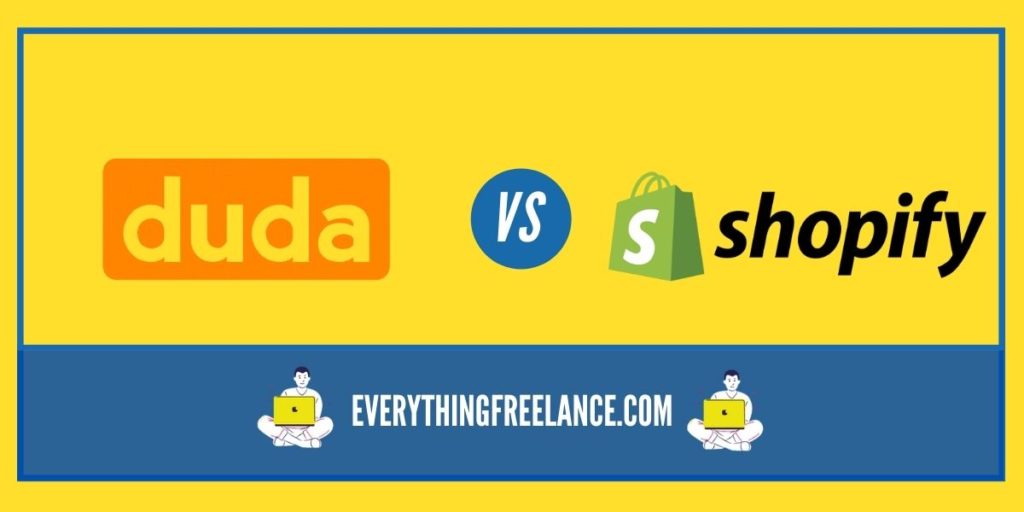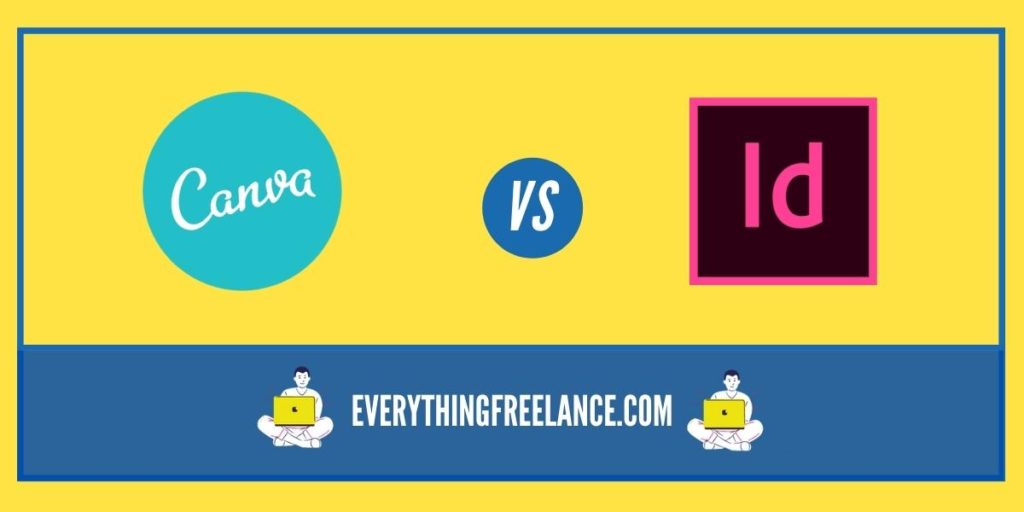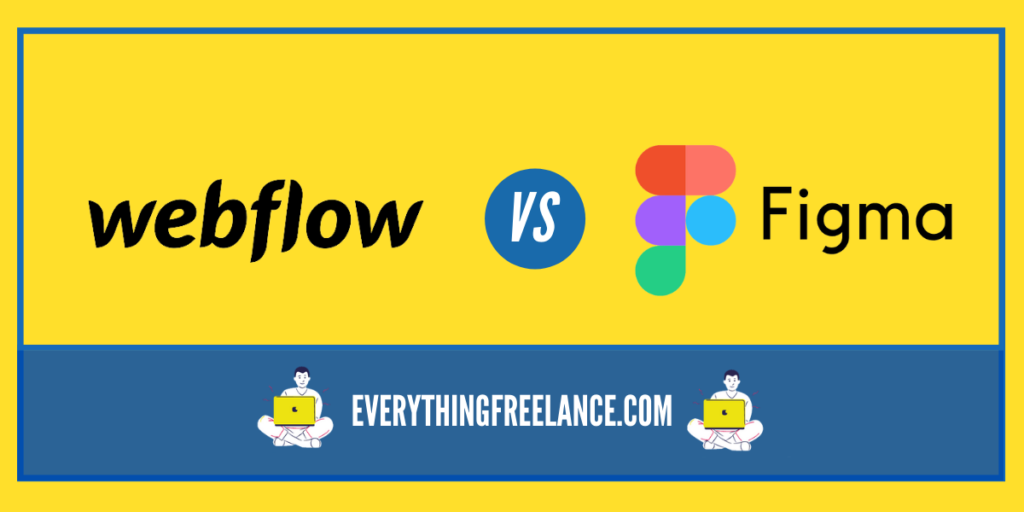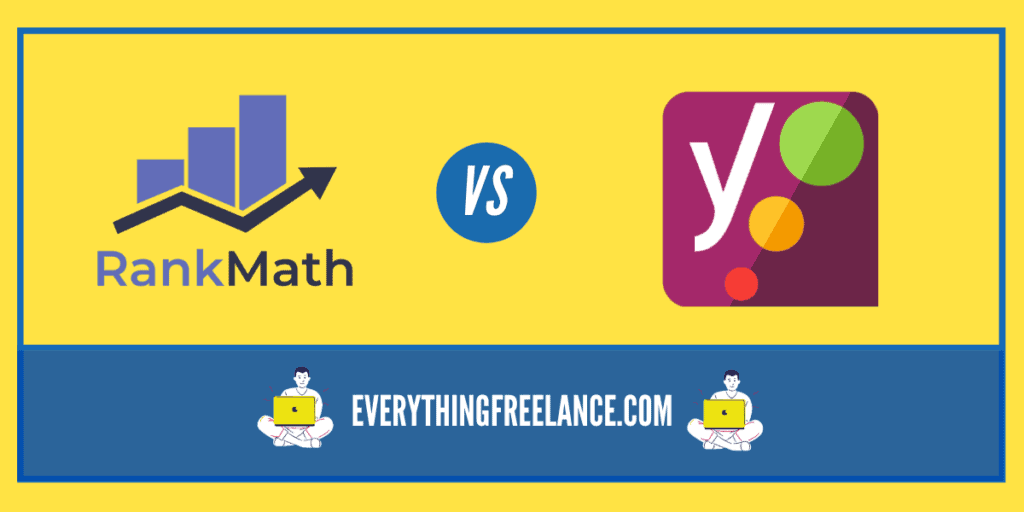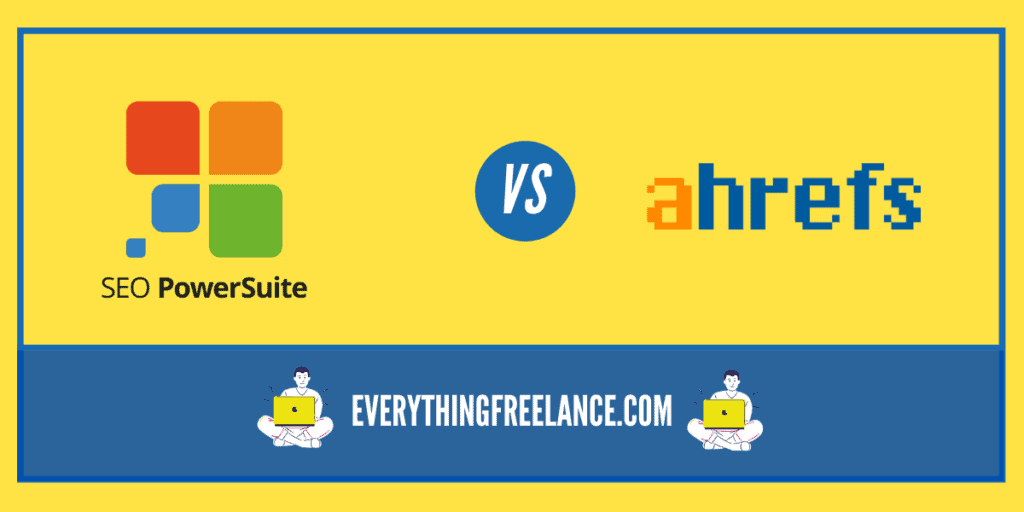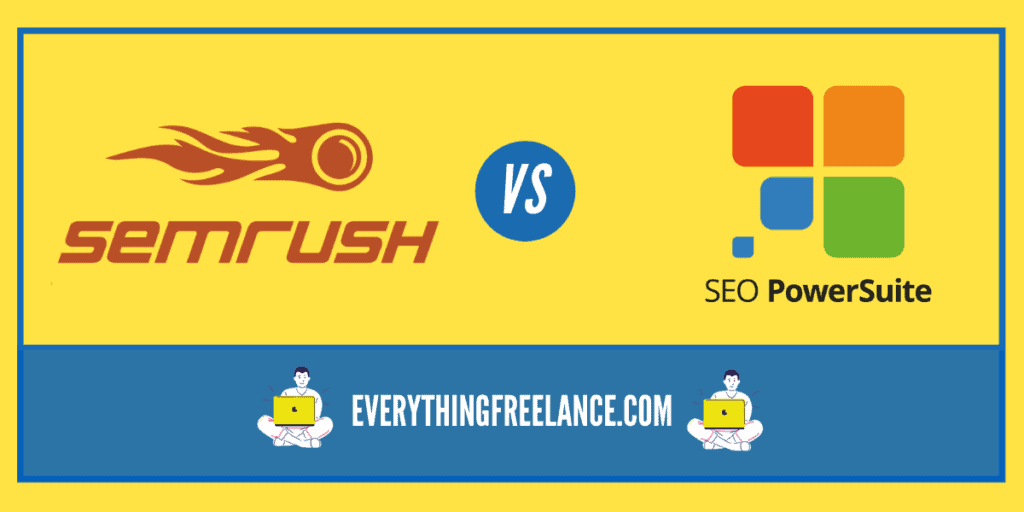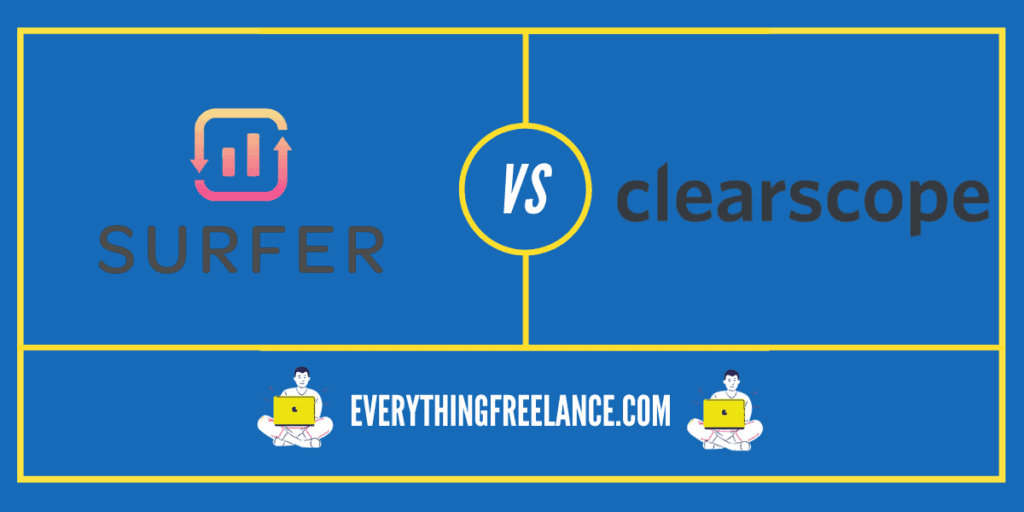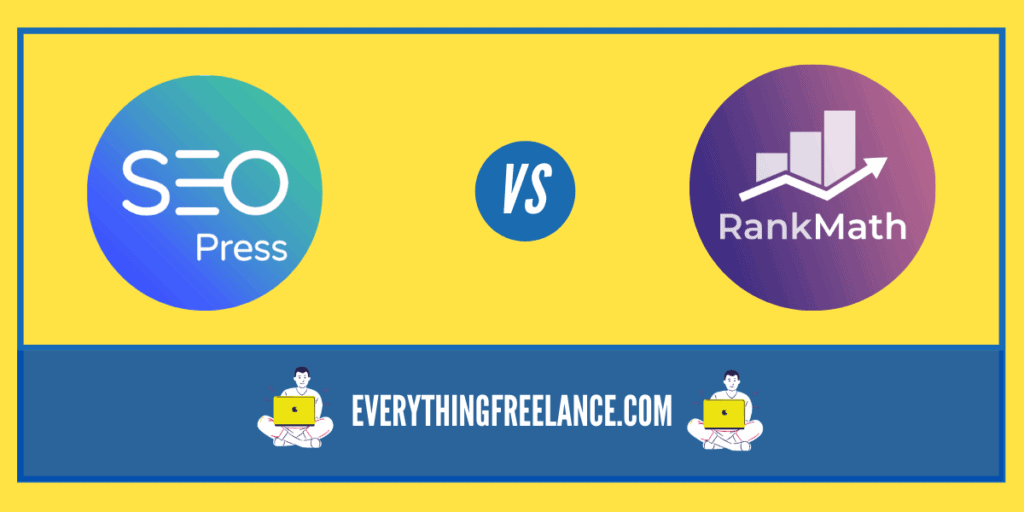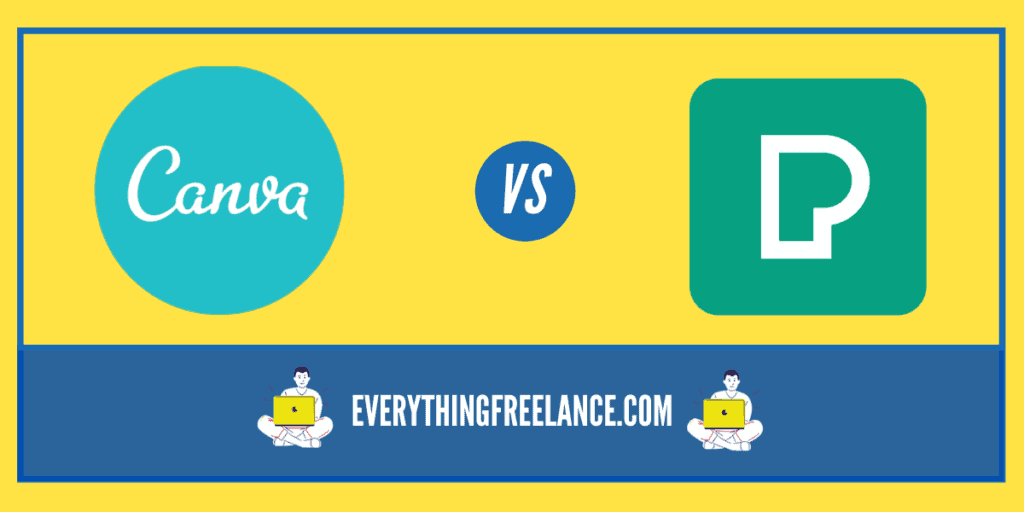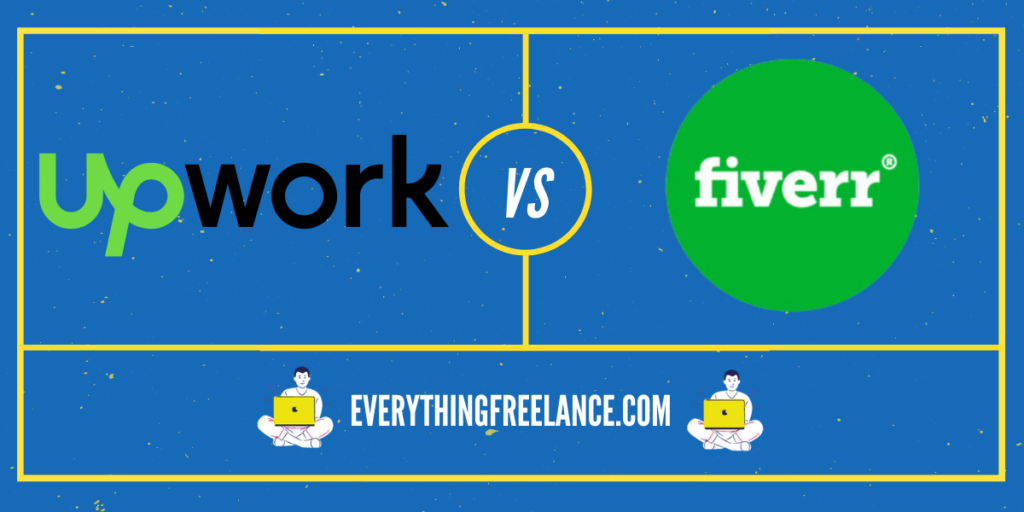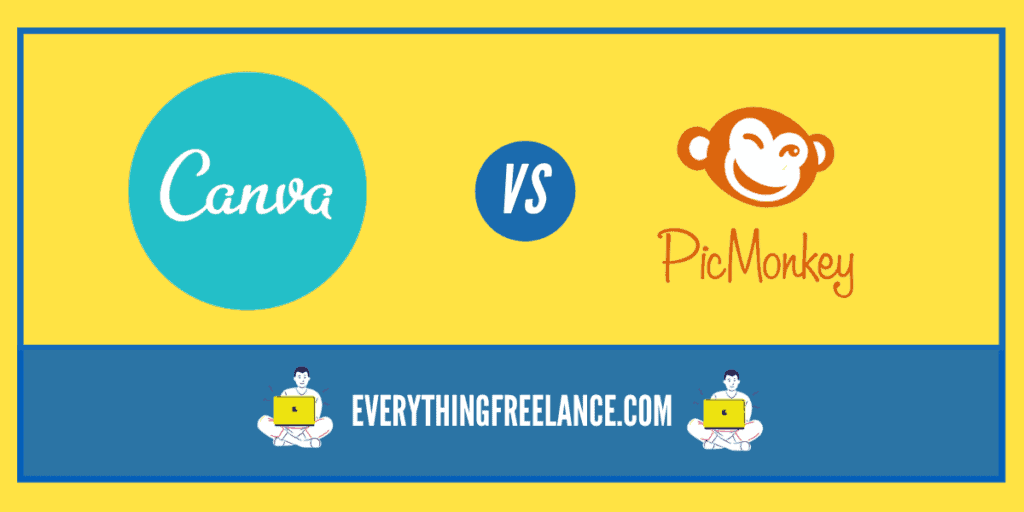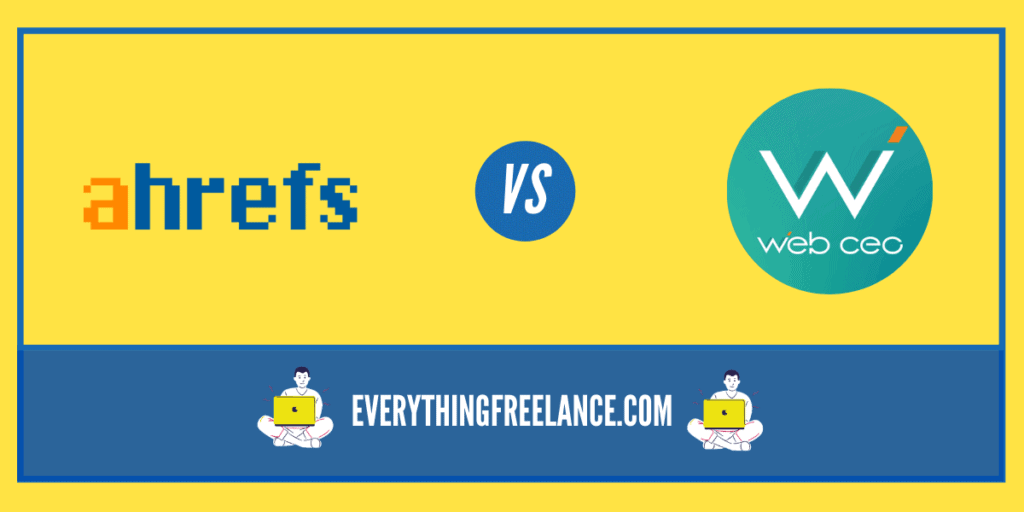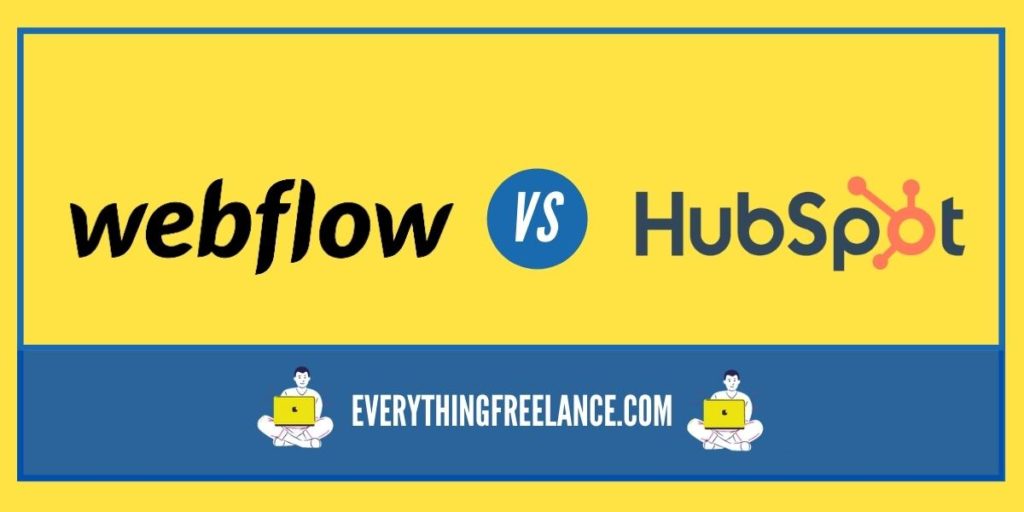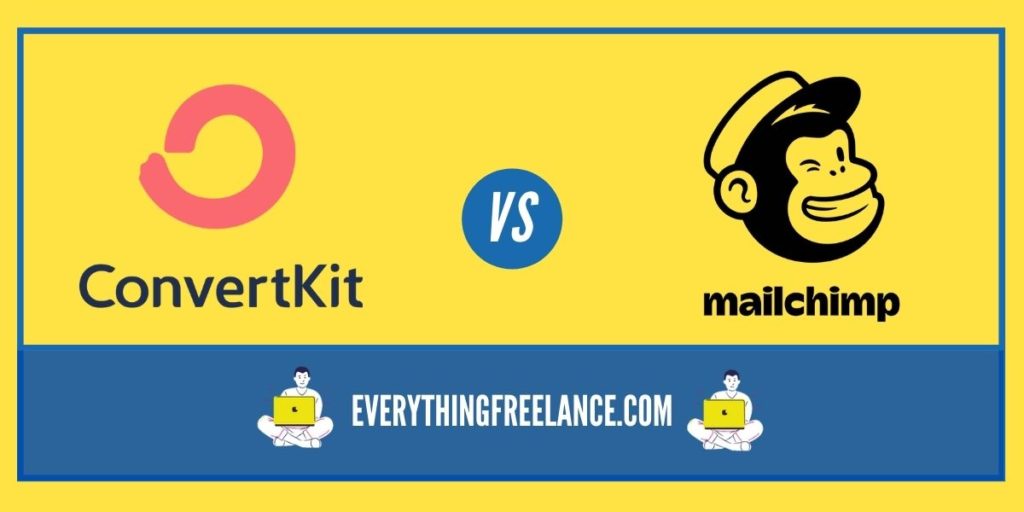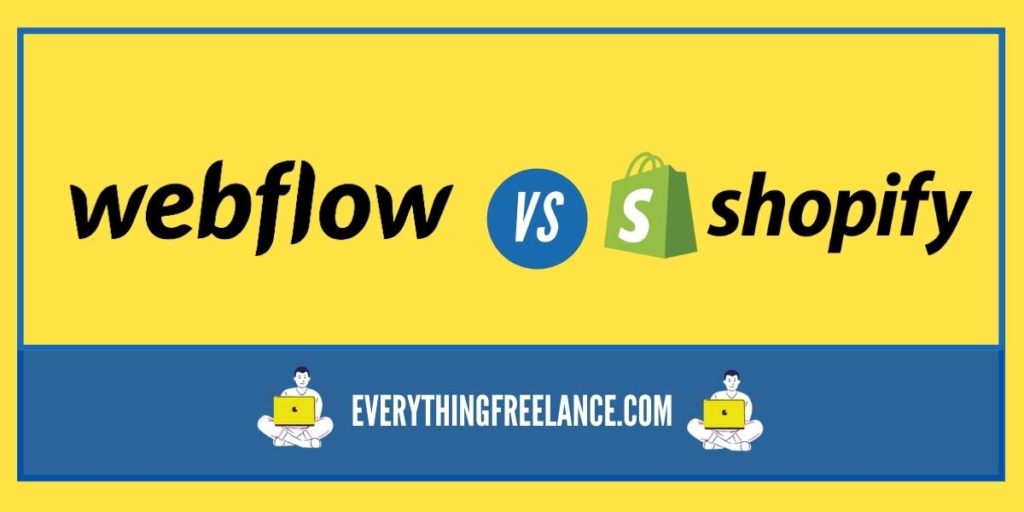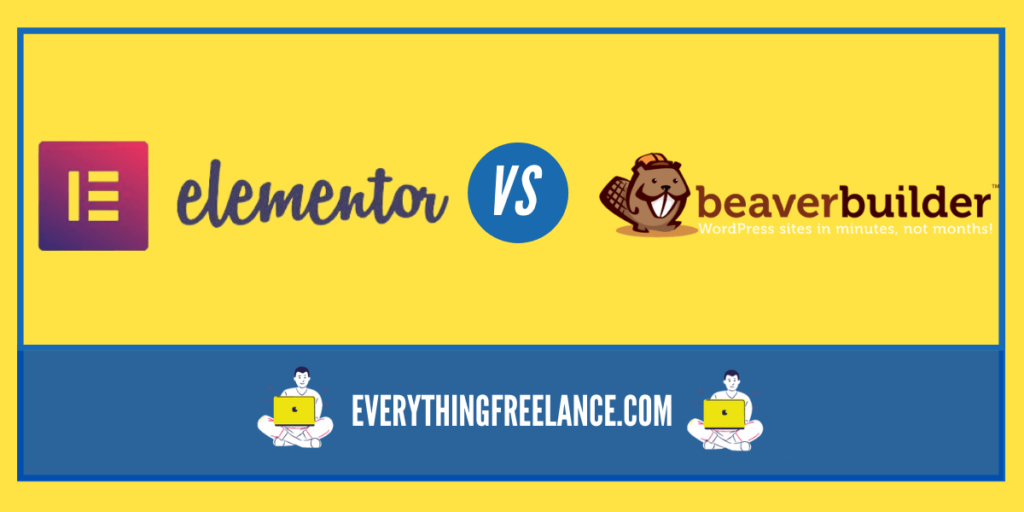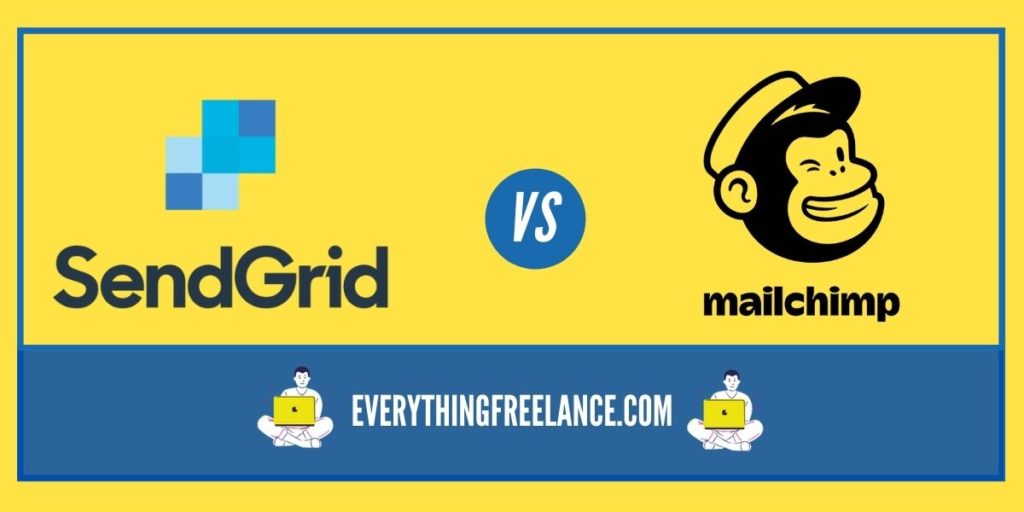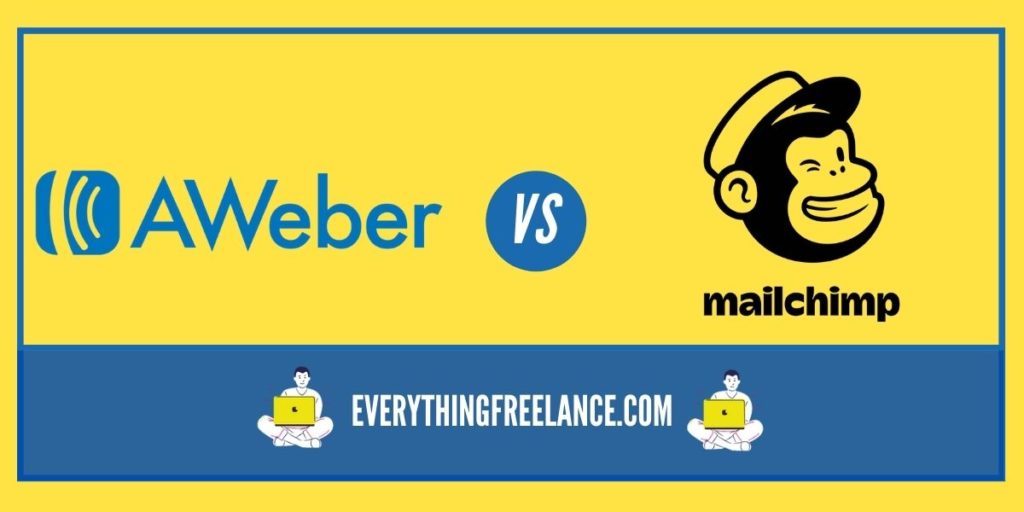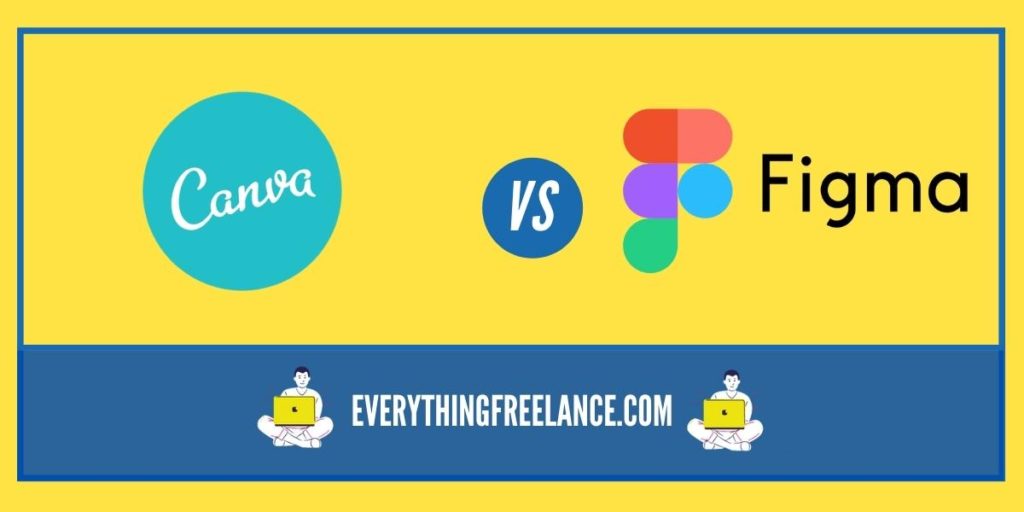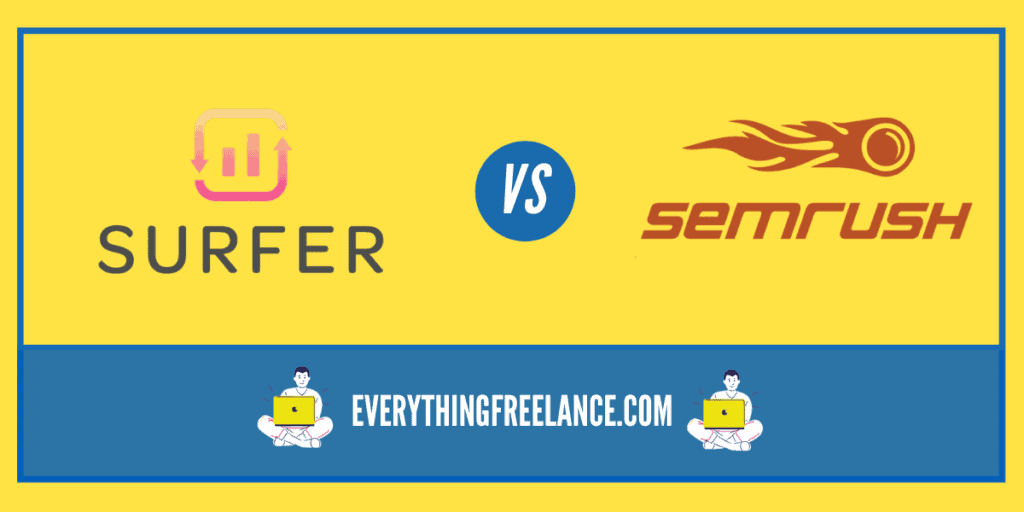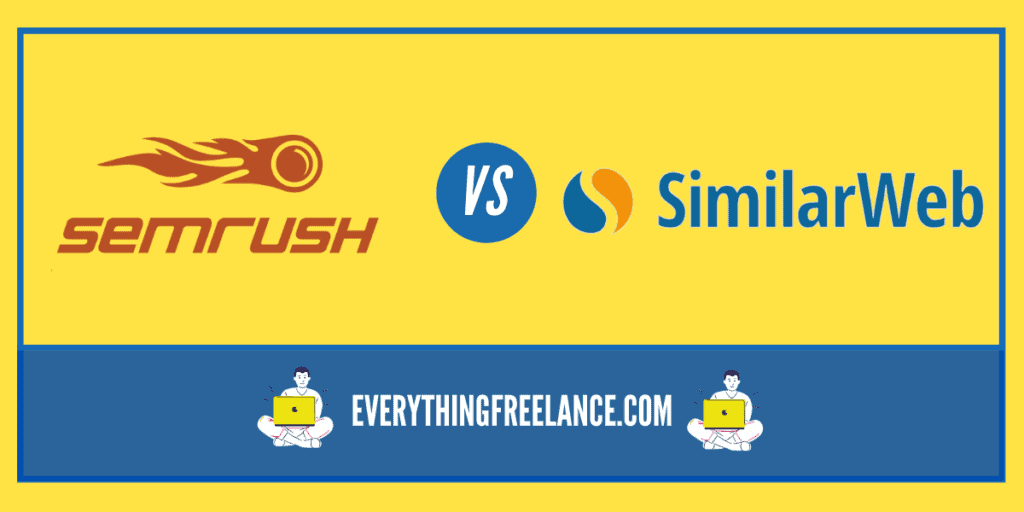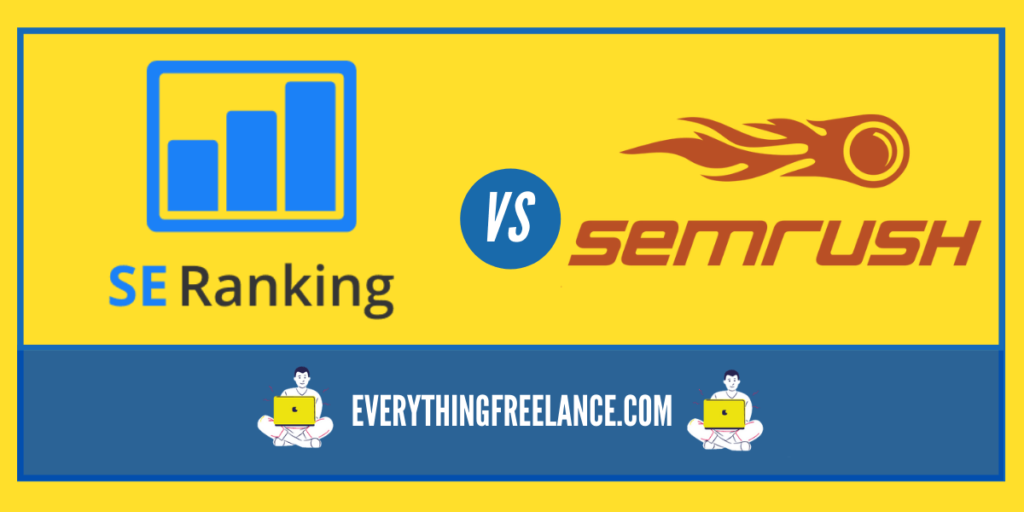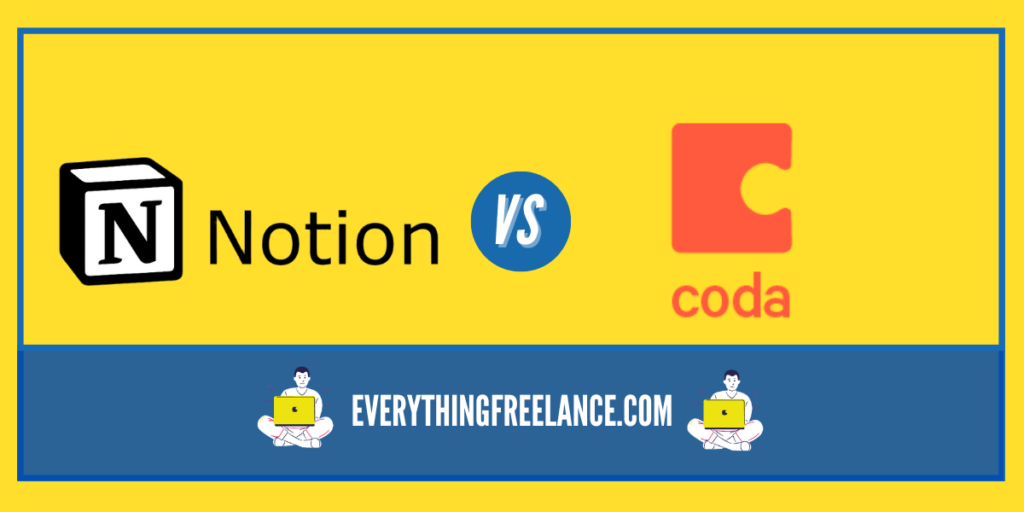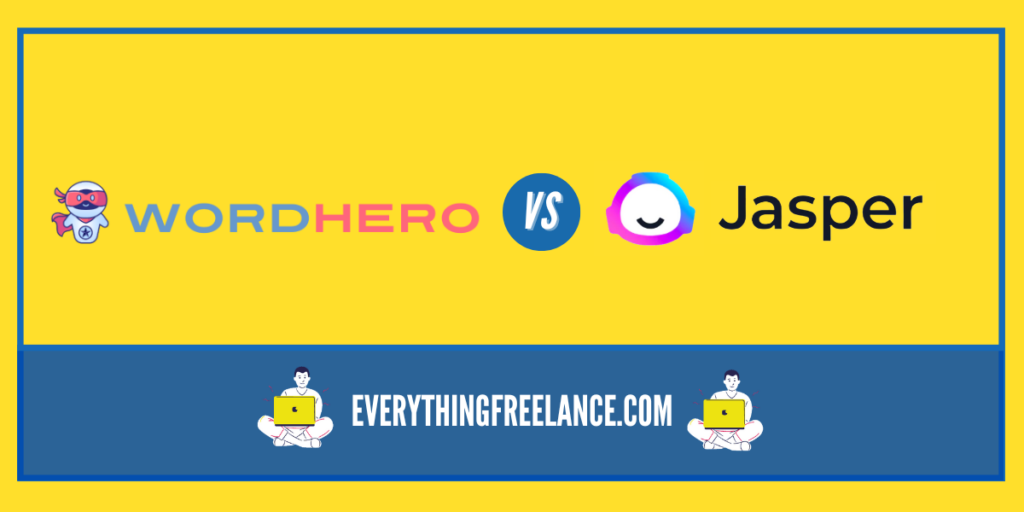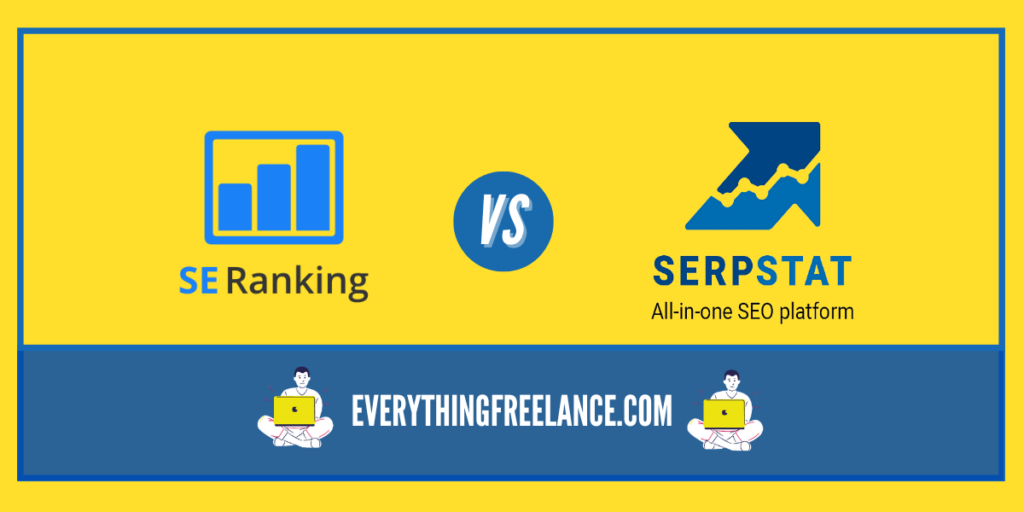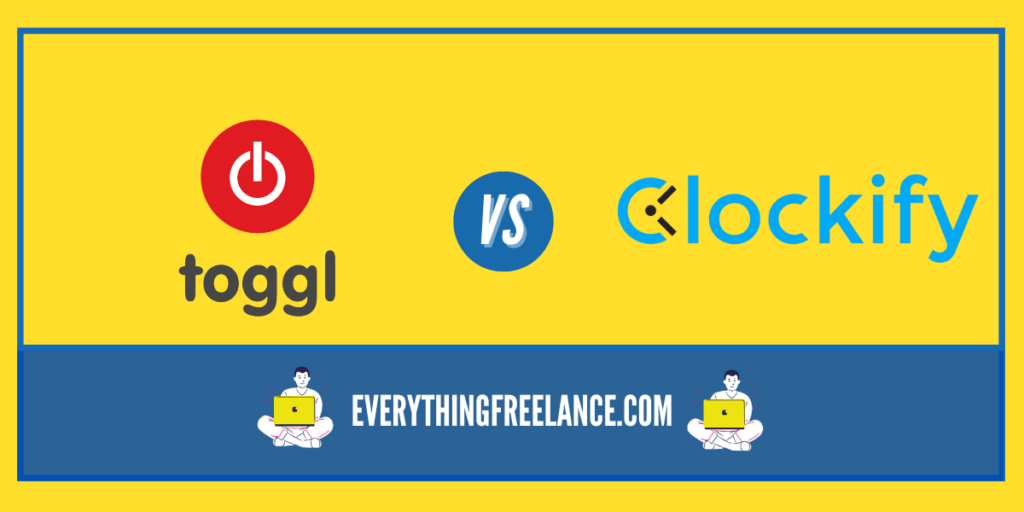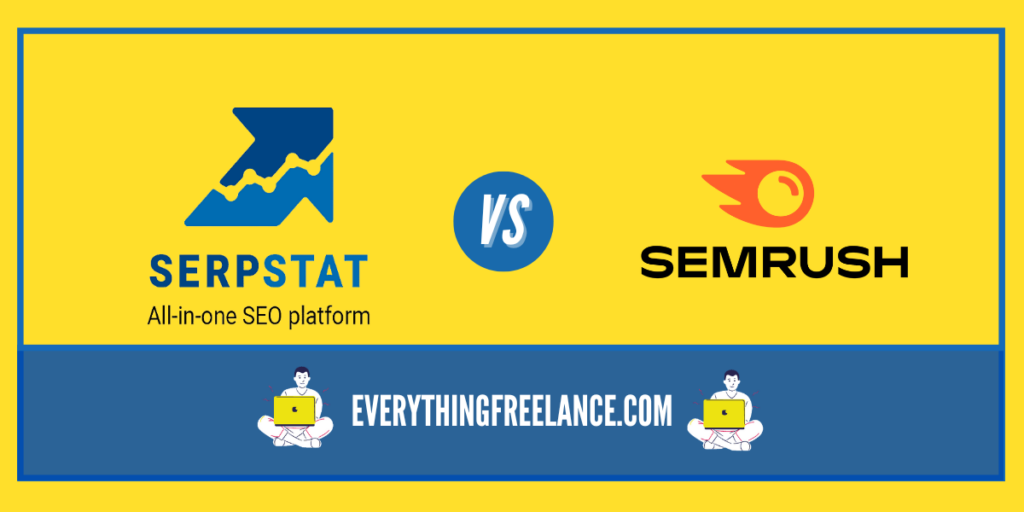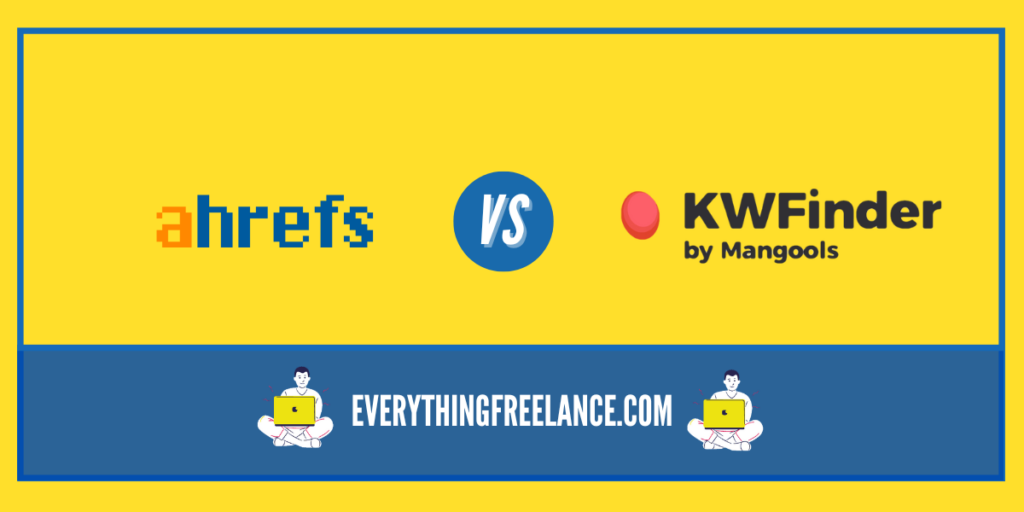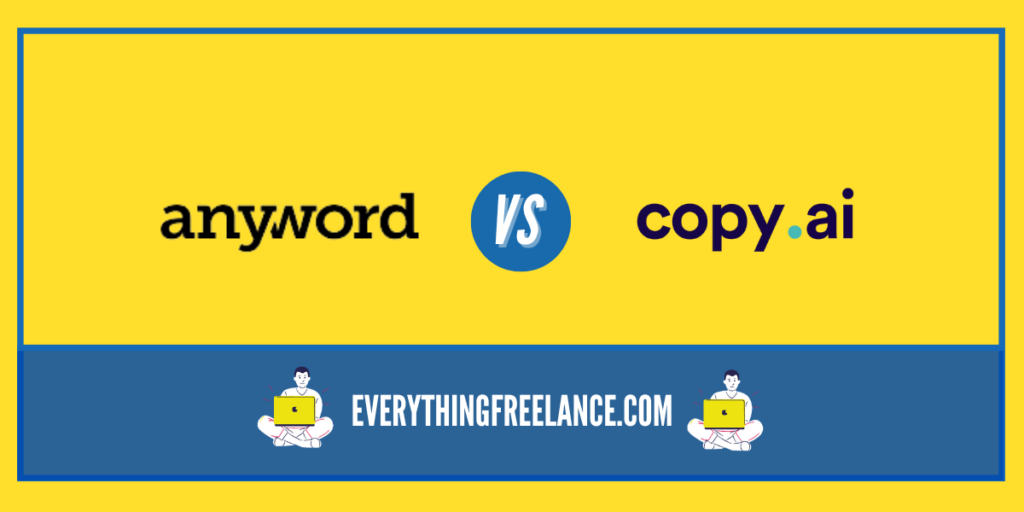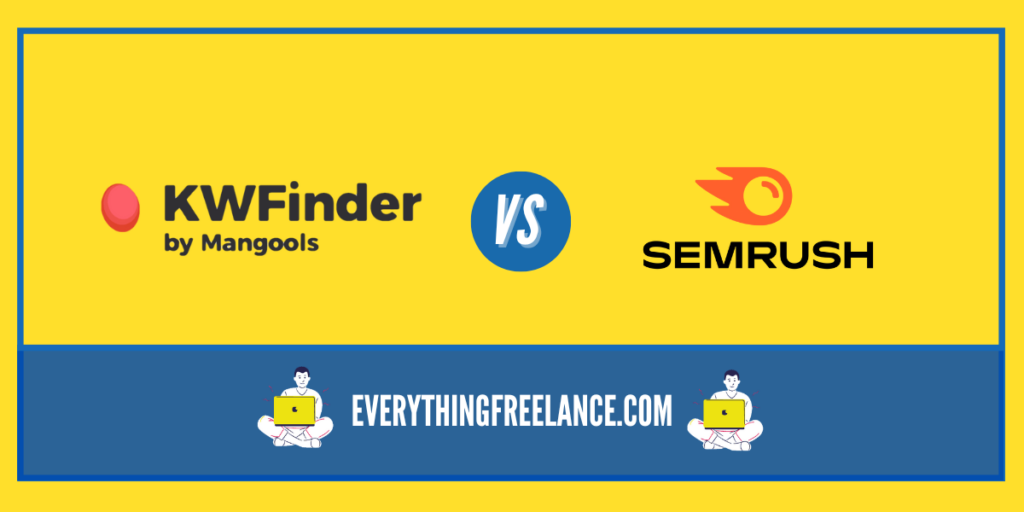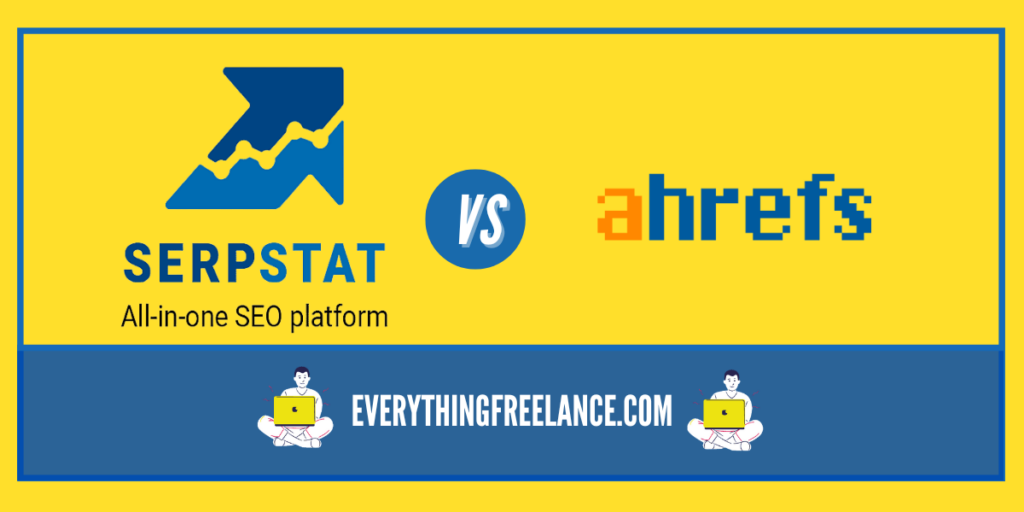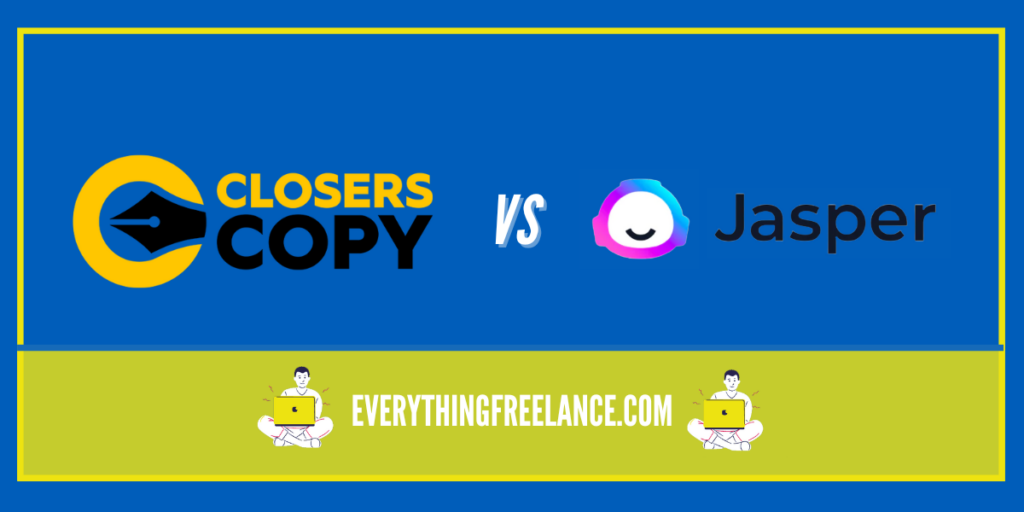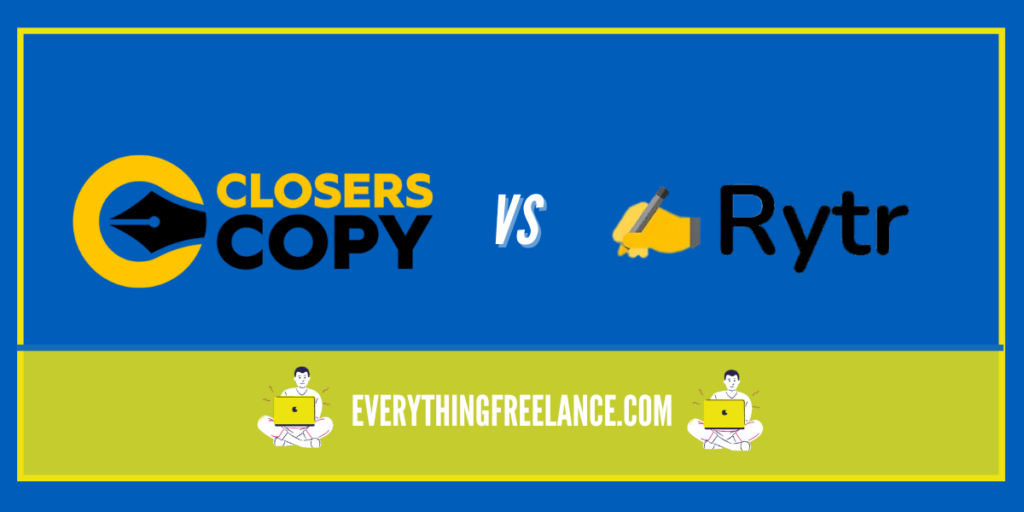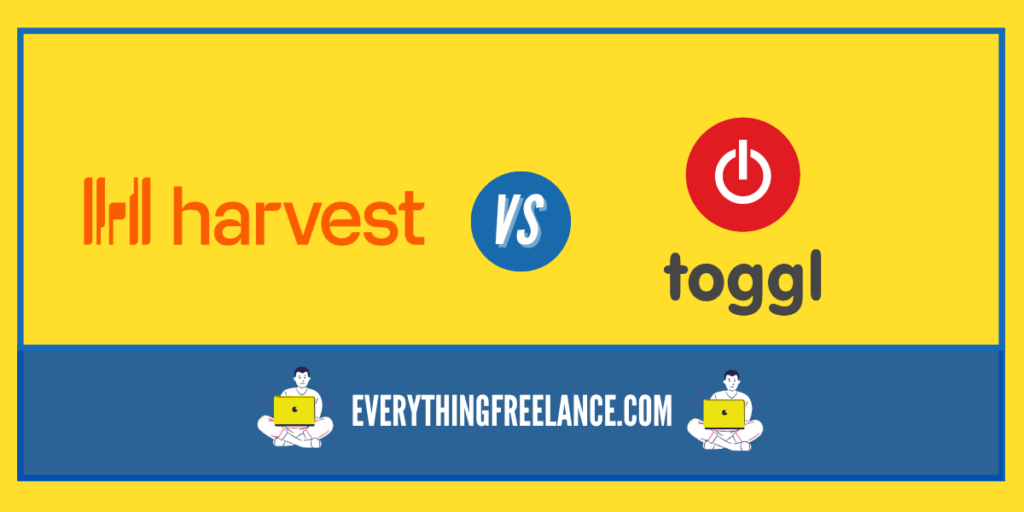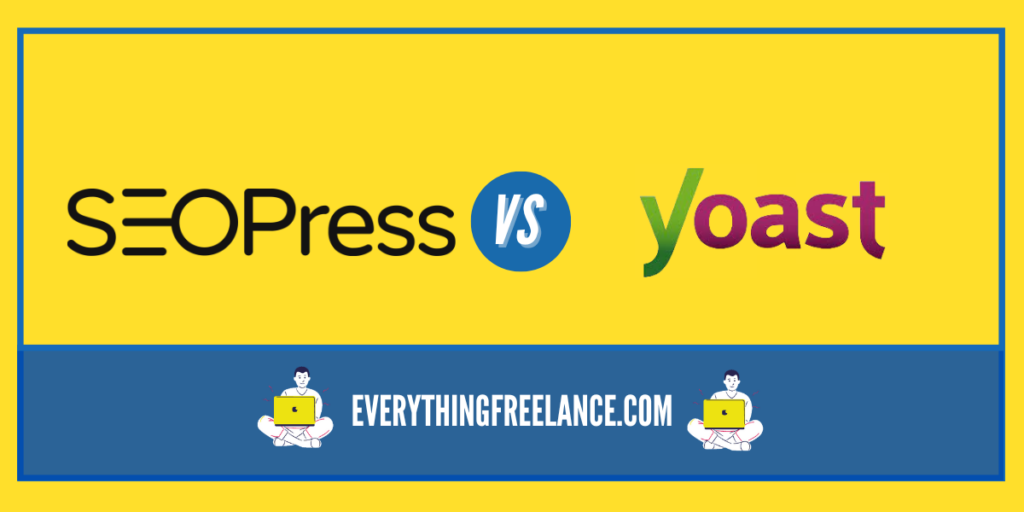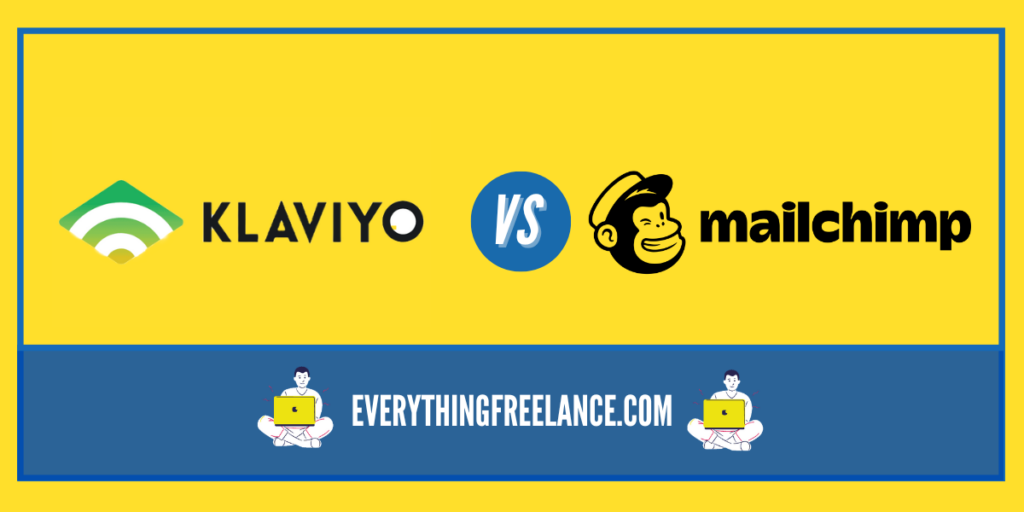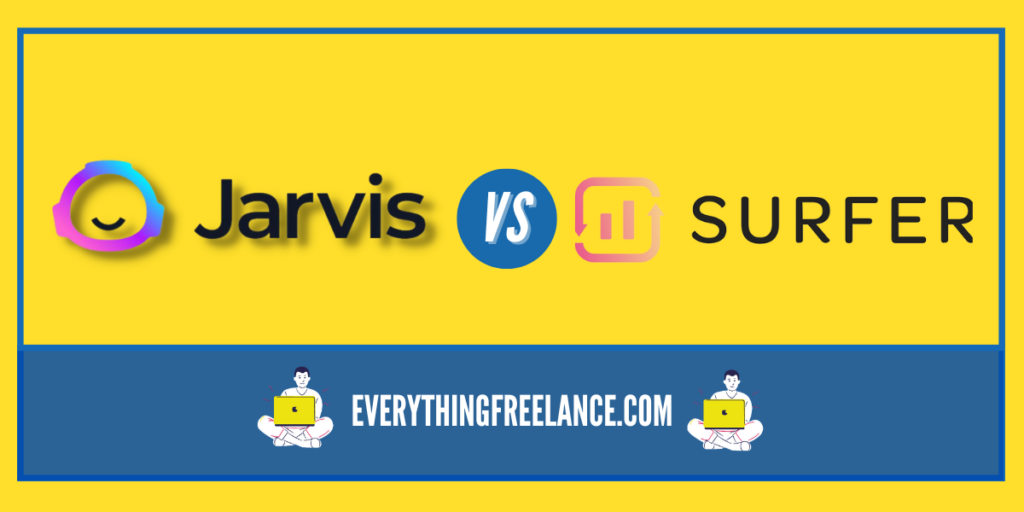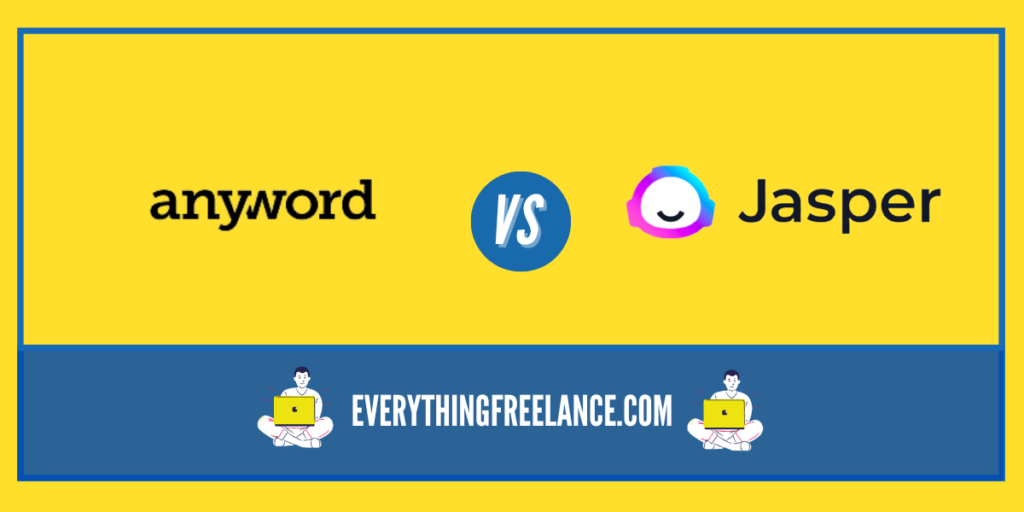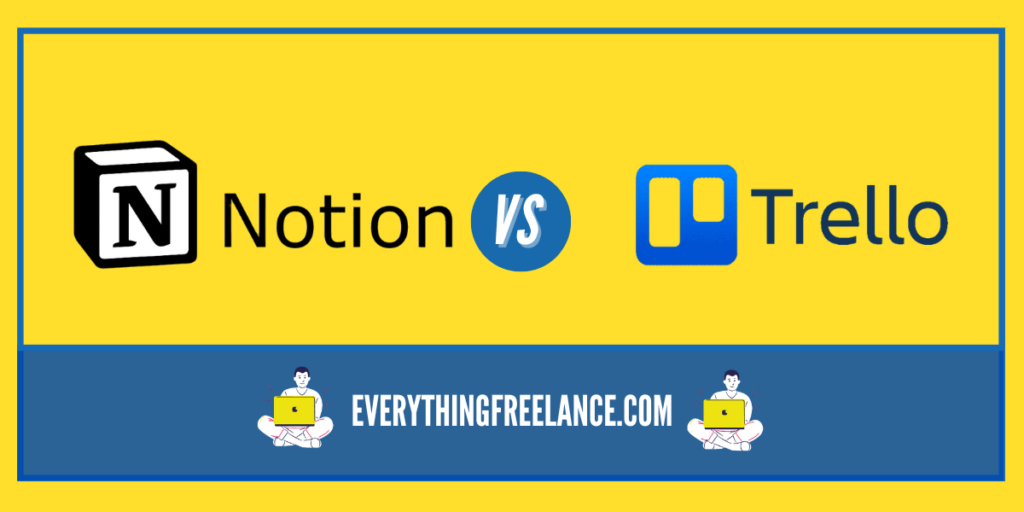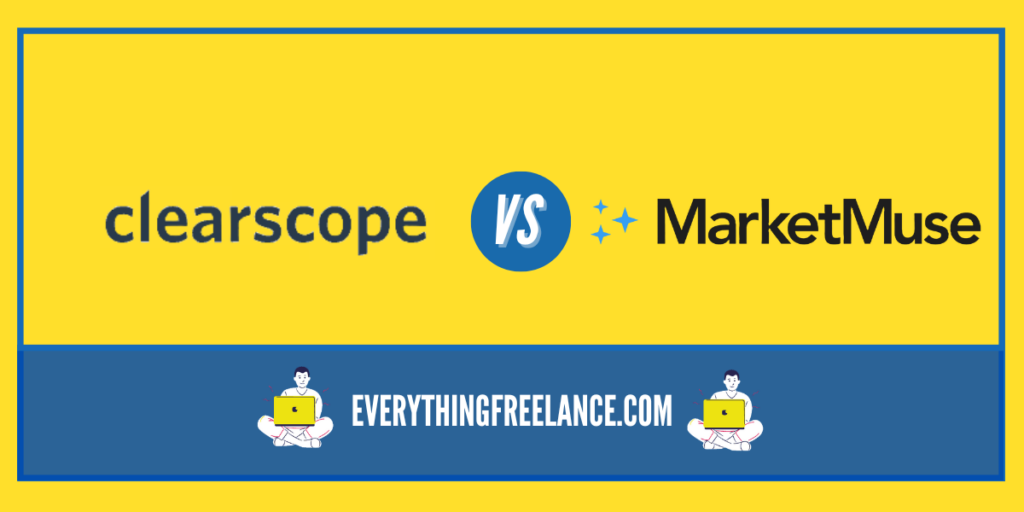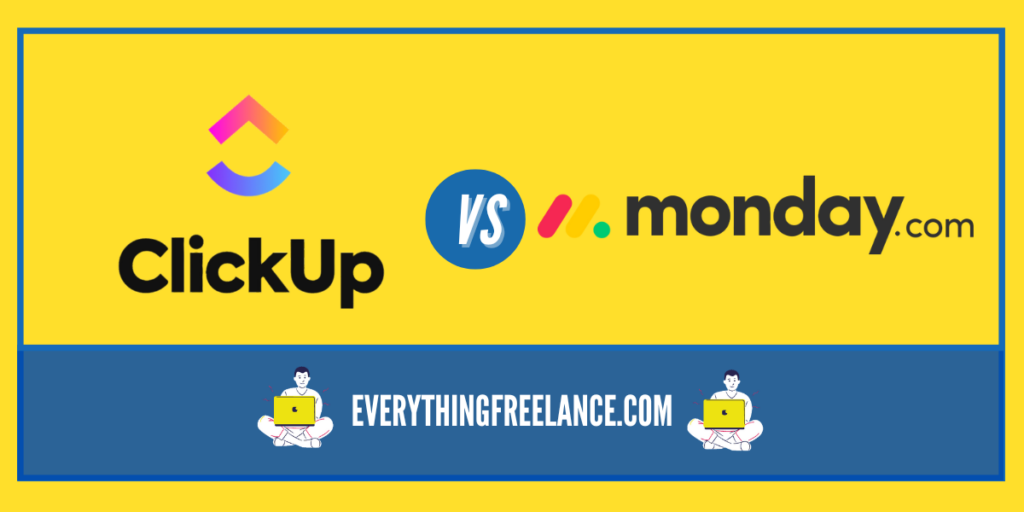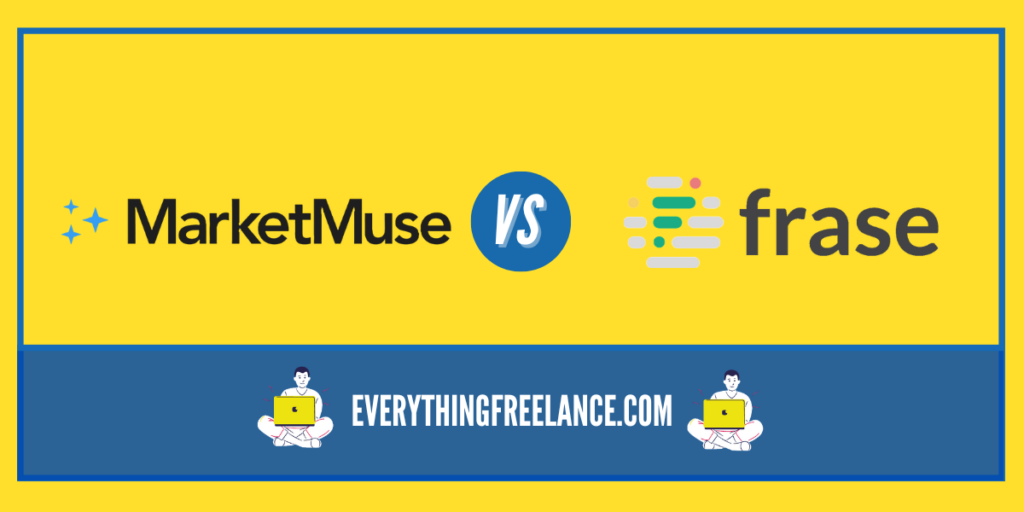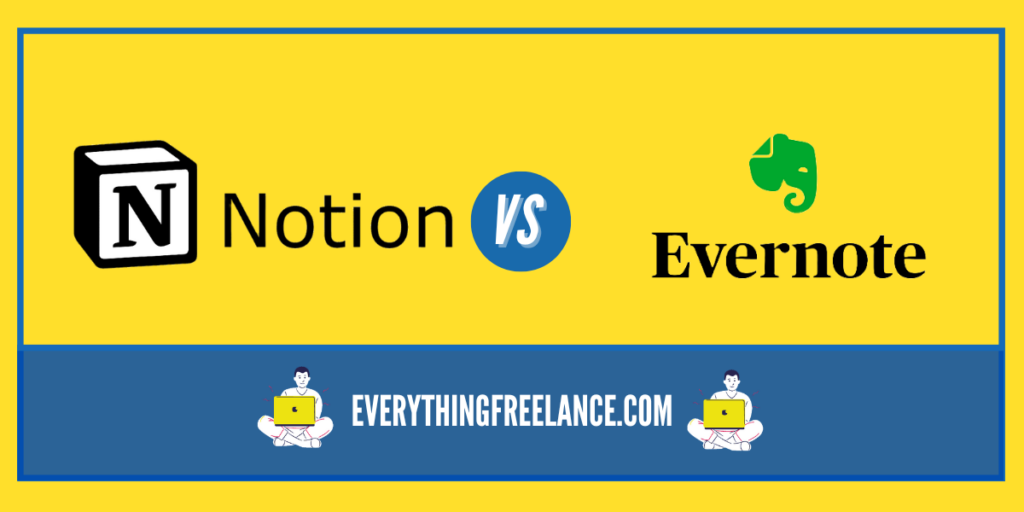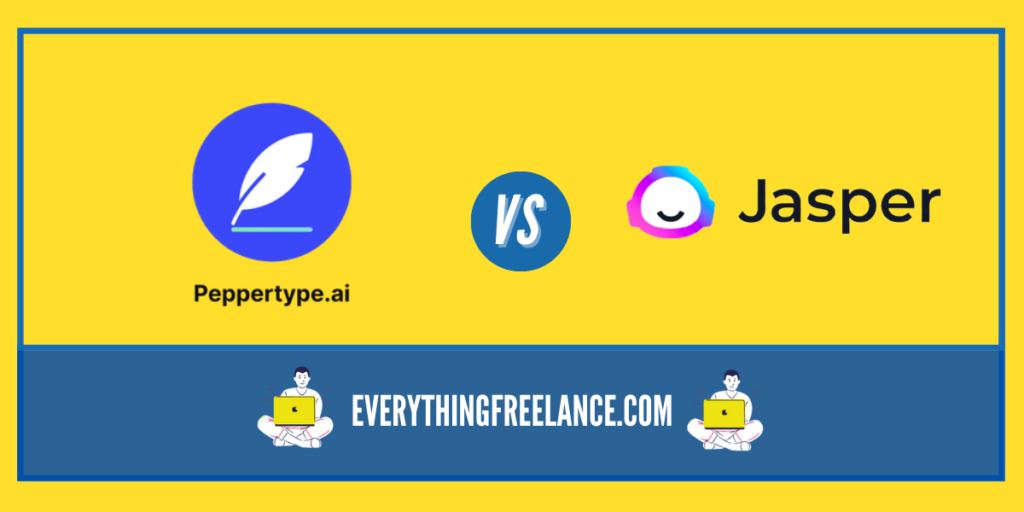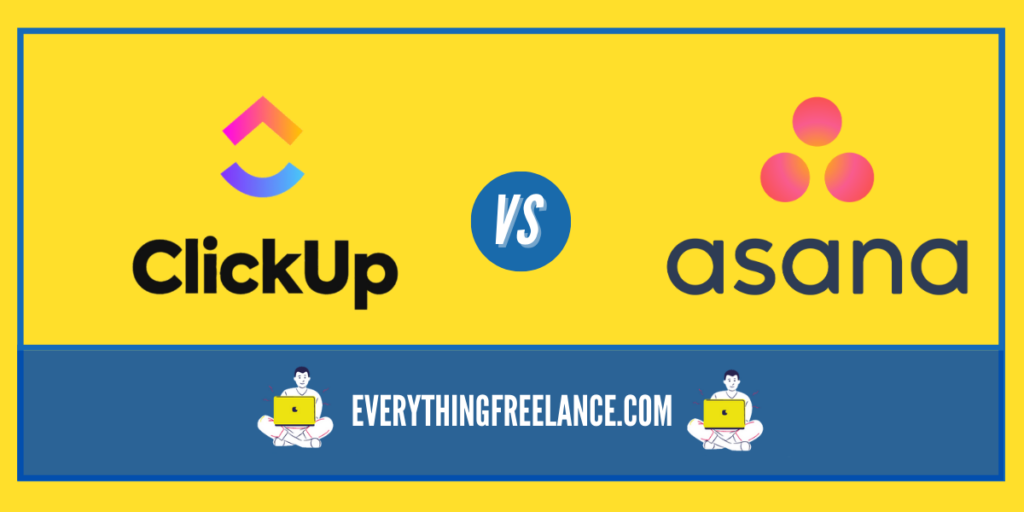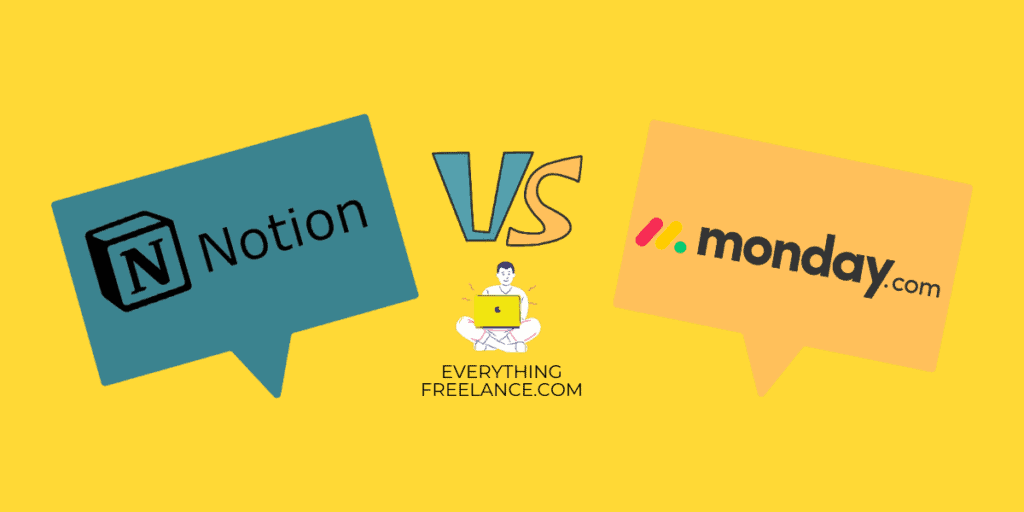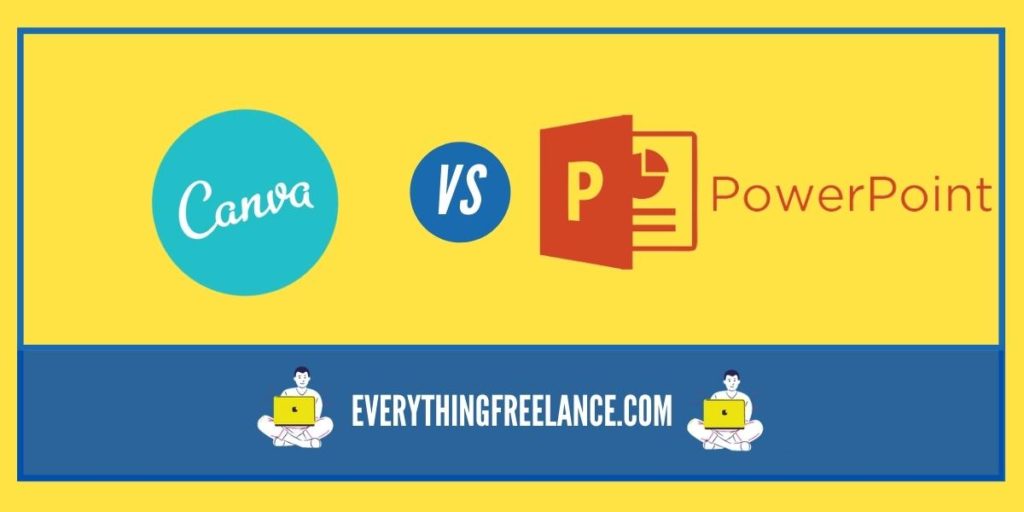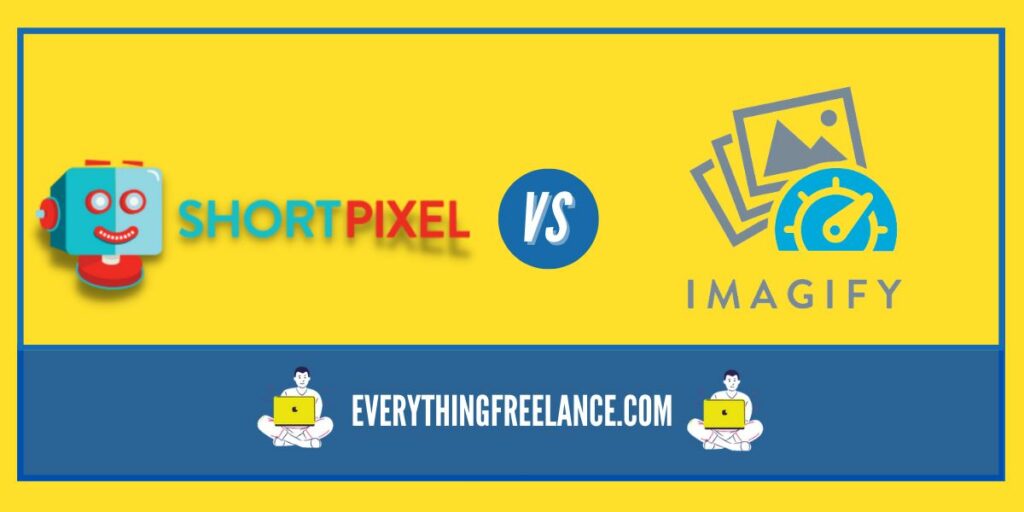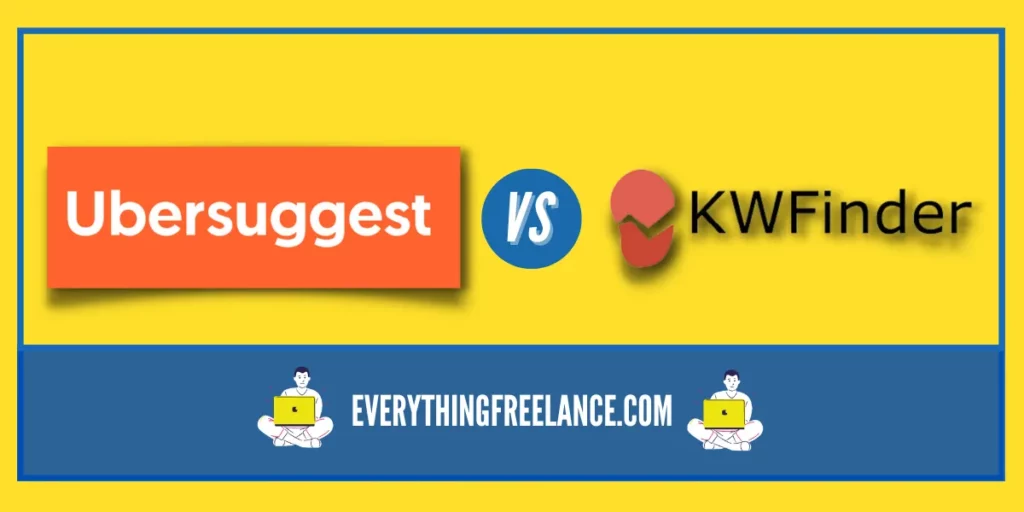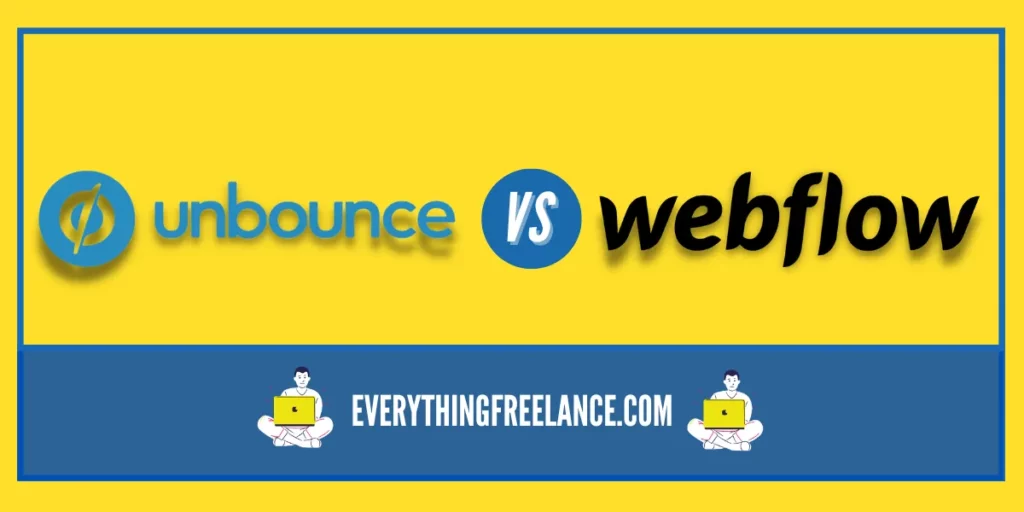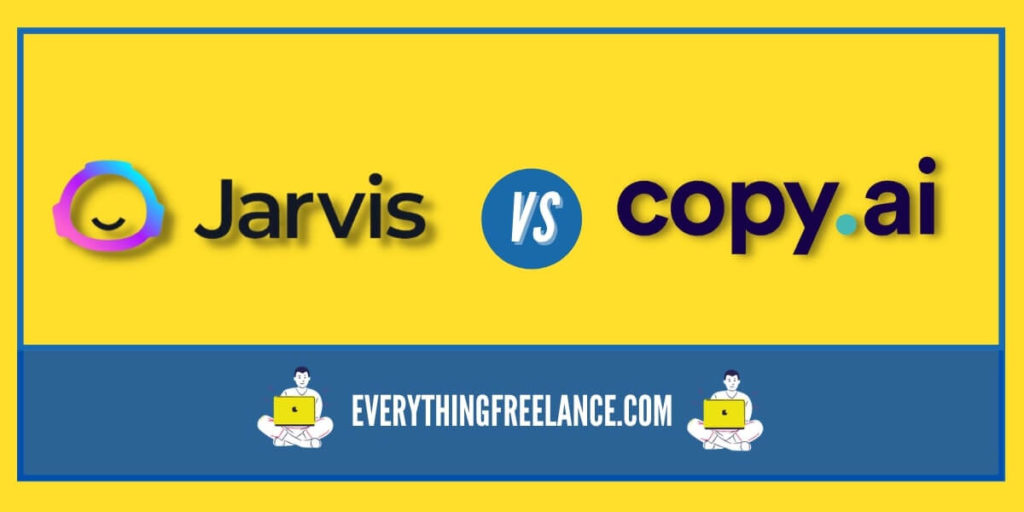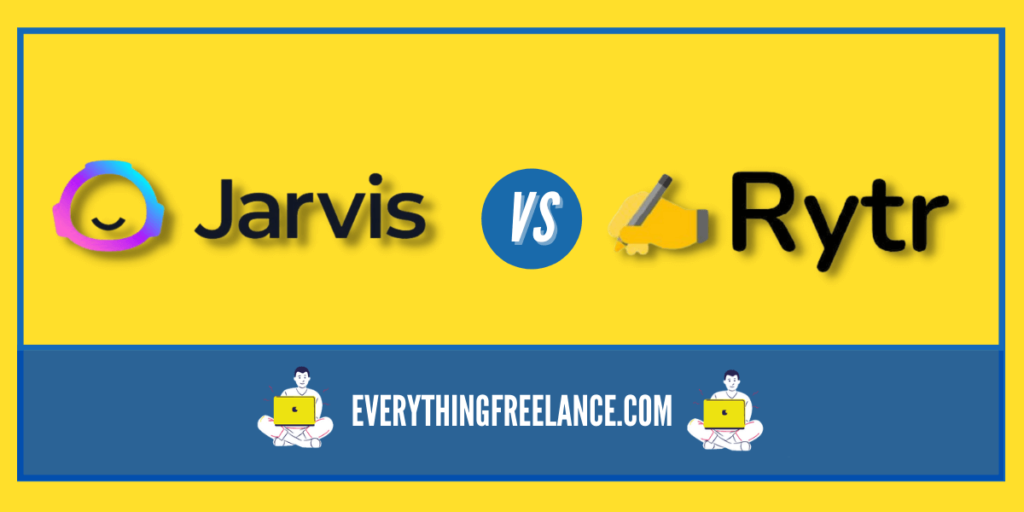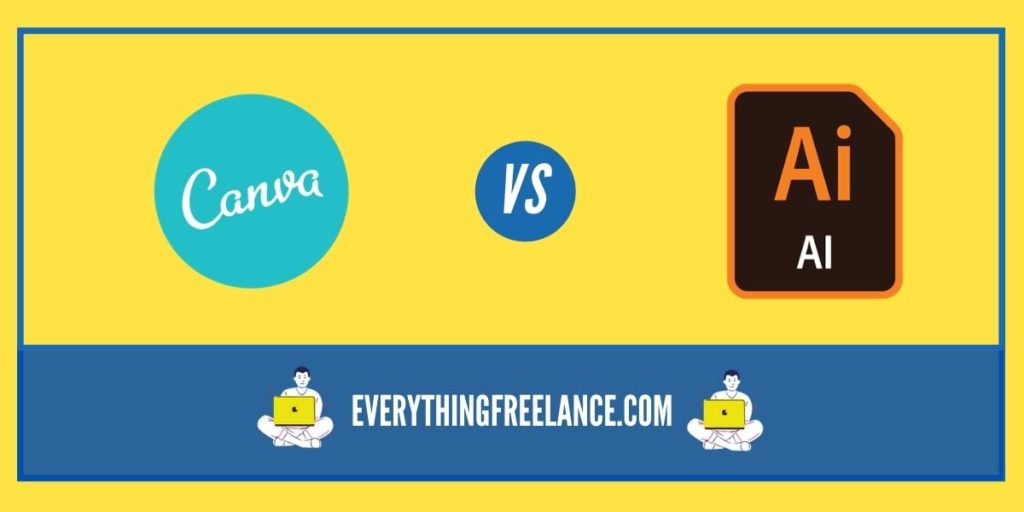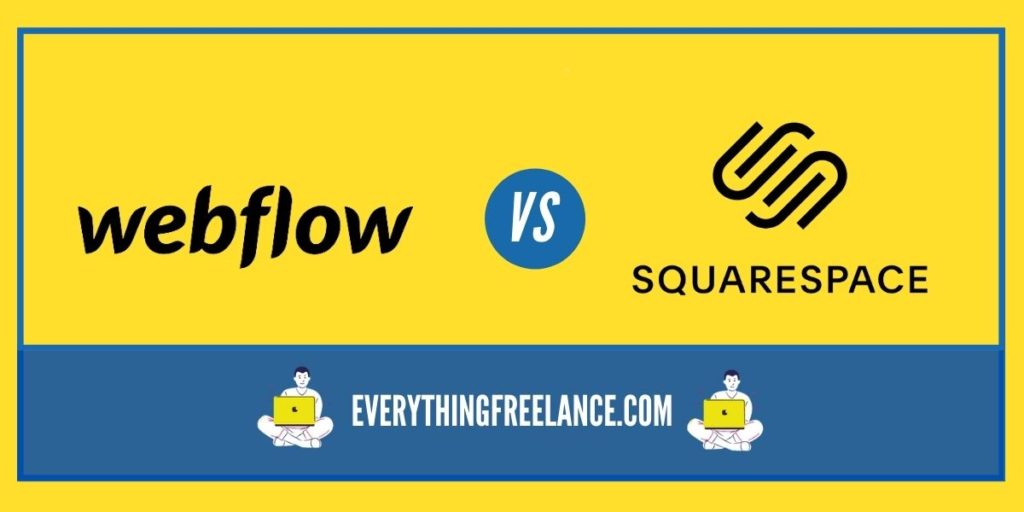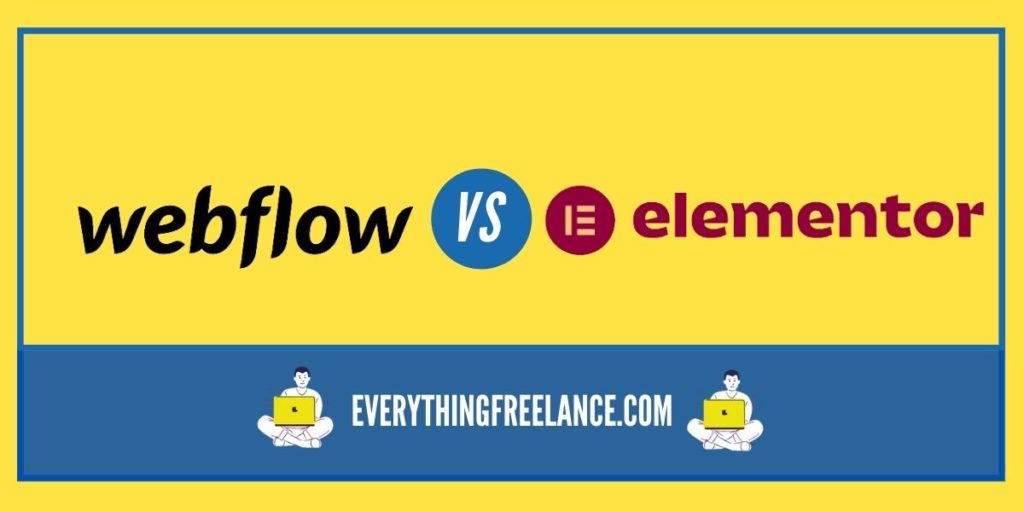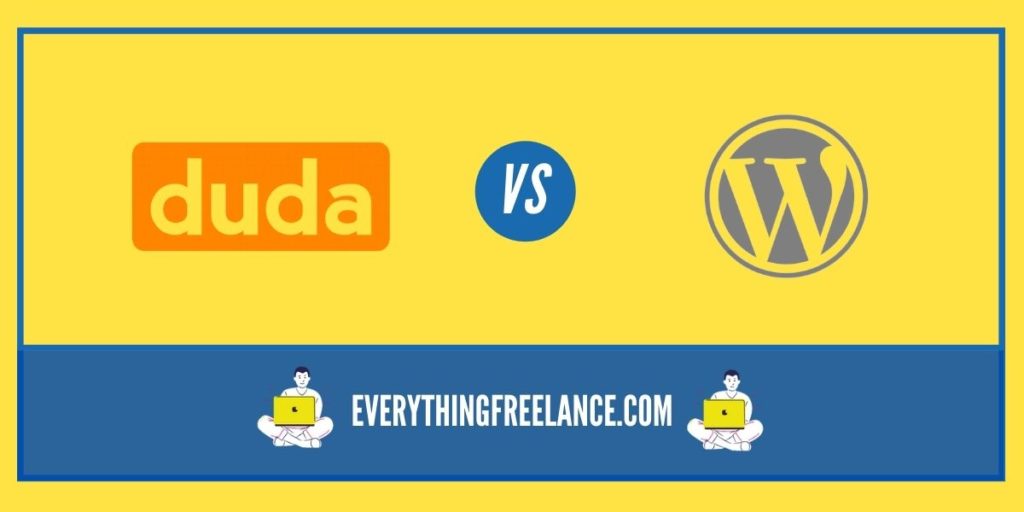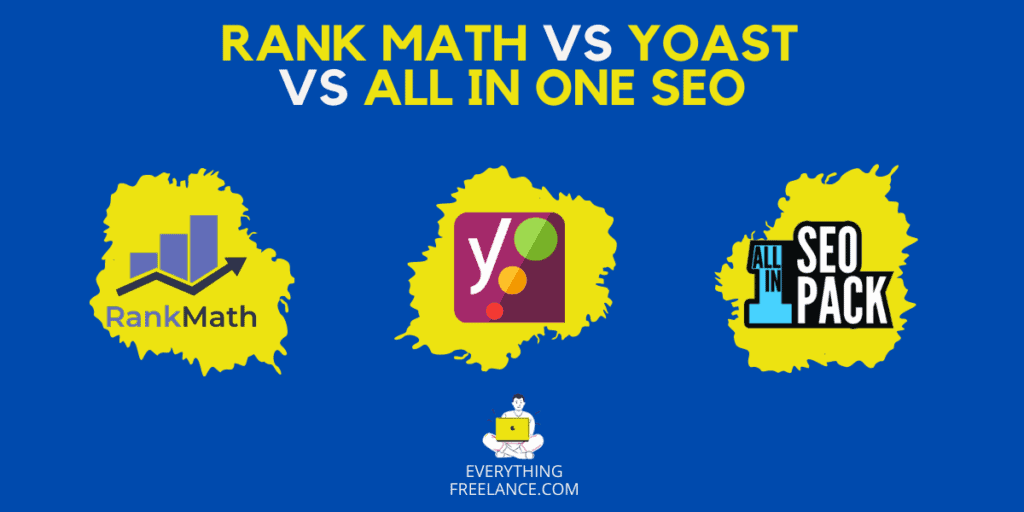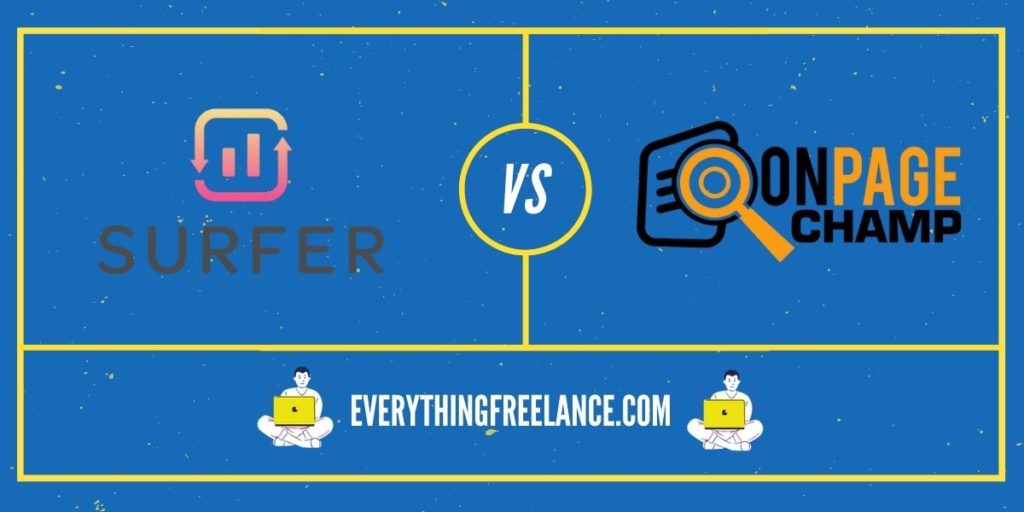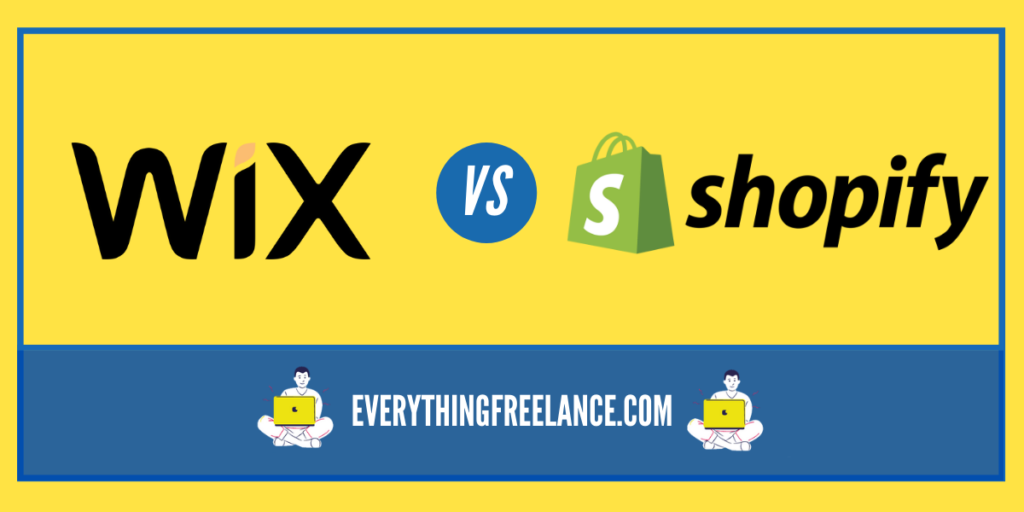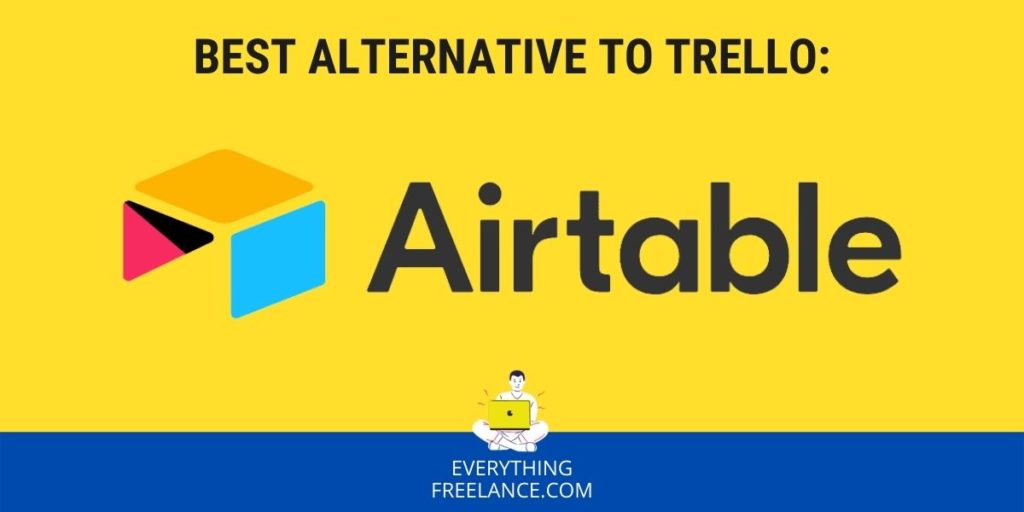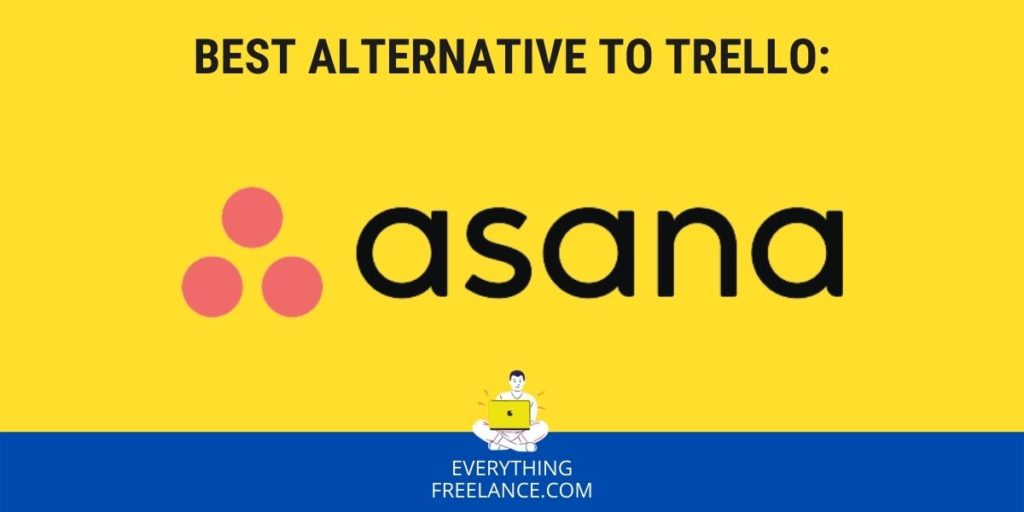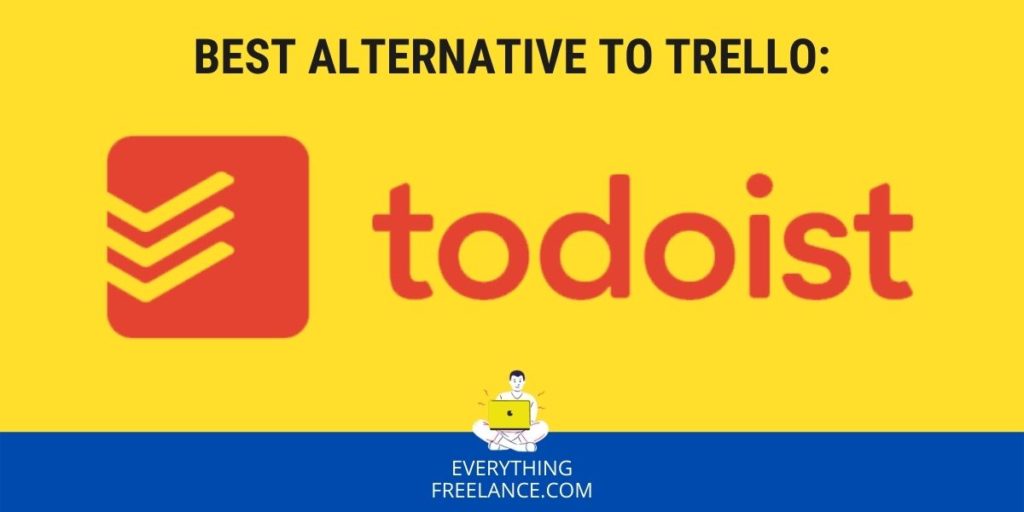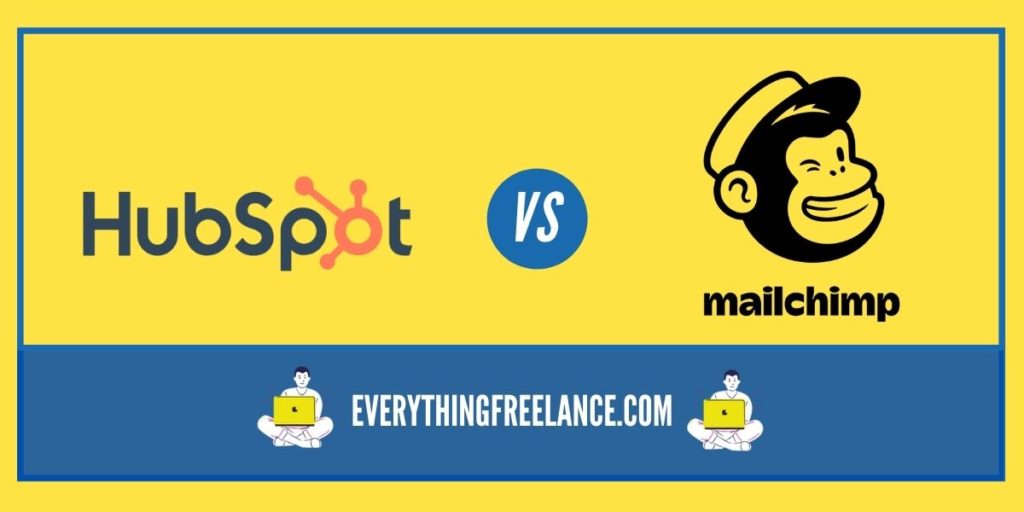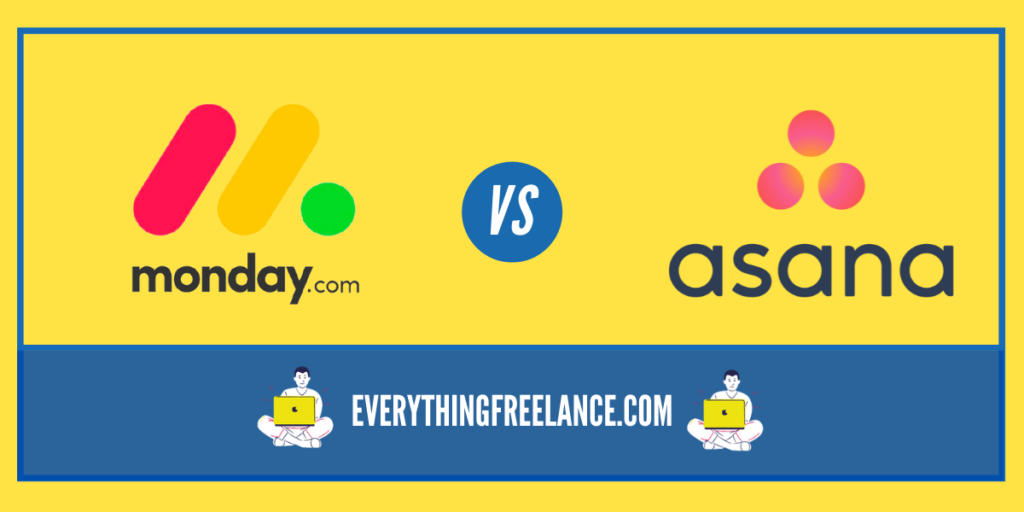
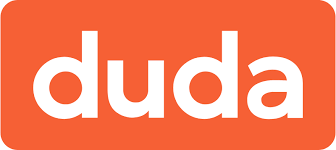
It’s one thing to look for a website builder in order to create your personal or company website platform. Looking for the best website builder to establish your online store, however, is a completely different beast.
After all, considering the trend of using website builders, the market is now teeming with various different website builder options, each of them being better than the other in some respects.
Some – like Duda, for instance – are universally well-known and good for anything you’re trying to do. Others, like Shopify, though, are, primarily, not even known as website builders. Rather, they are subsidiaries of other companies, in this case, e-commerce ones.
In this particular case, the question is this: if you’re looking for the best website builder for an online store, which should you go for? Duda or Shopify? The website builder, or the online-store builder?
Read more to see our take on this matter.
How to Use Duda vs. Shopify?
Before proceeding any further, we need to, first, lay out the basics – what exactly are Duda and Shopify, what they offer, how are they meant to be used, and, consequently, how user-friendly are they
How to Use Duda?
Duda is one of the most well-known website builders on the market nowadays and, as such, it has an incredibly developed and easily manipulated interface. It’s intuitive, surprisingly fast, and offers a staggering variety of options when it comes to both designing a website and incorporating different tools within it.
One of the recognizable things about Duda is that it’s very efficient, as it is meant to be used mainly by beginners (individual creators, or business owners)that are not that well acquainted with web design, web development, and programming.
If you’re wondering about how to use Duda, it’s safe to say that it relies mostly on the drag-and-drop function, while simultaneously automatically backing up all changes that you make on your online platform.
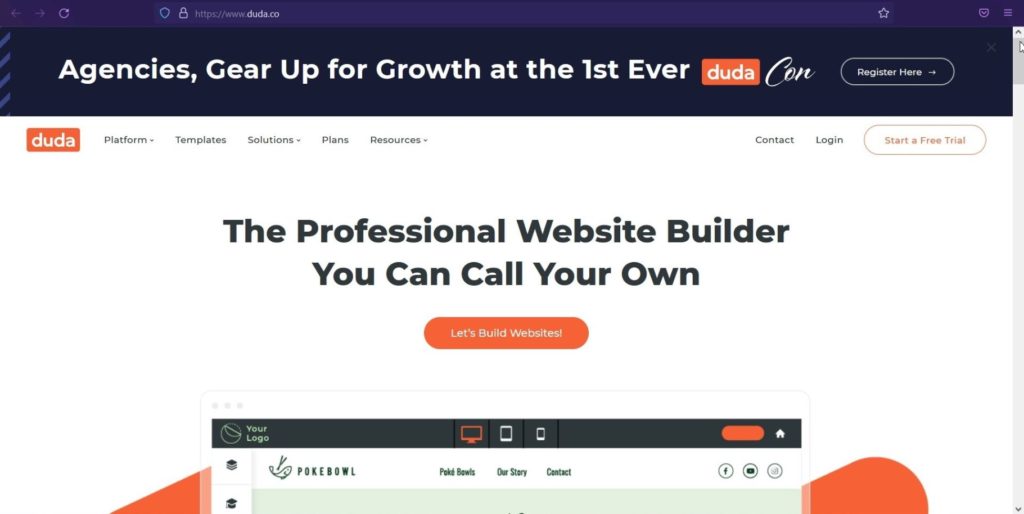
Admittedly, it doesn’t allow you to integrate your own server while founding your platform, but it does allow you to keep track of statistical matters on your website (such as visits, for instance).
As such, it provides a very comfortable and easily manageable user experience, eliminating all need for you to know your way around programming languages (Javascript, HTML, etc.) while providing you with a lot of customizable templates.
In this manner, Duda is a great option regardless of the type of website you’re looking to build – online store, or otherwise. It can be a bit pricey when compared to some of its competitors, but it’s well worth the money, regarding quality.
How to Use Shopify?
Shopify is a completely different story, though. A branch of the e-commerce platform, the Shopify website builder is almost exclusively meant for the establishment of website stores, for the commercial selling of products – both online and physical.
As such, it prioritizes marketing and business tools, enhanced by Shopify’s own, integrated, App Store, for instance.
It’s very easy to use, since it, too, is created with inexperienced people in mind, but, while it does offer a variety of customization options, it’s not as developed in this respect as Duda, or some other website builders.
This needn’t be a bad thing, though, as Shopify knows exactly why it exists and most of the people opting for it will be specifically looking for the services it provides.
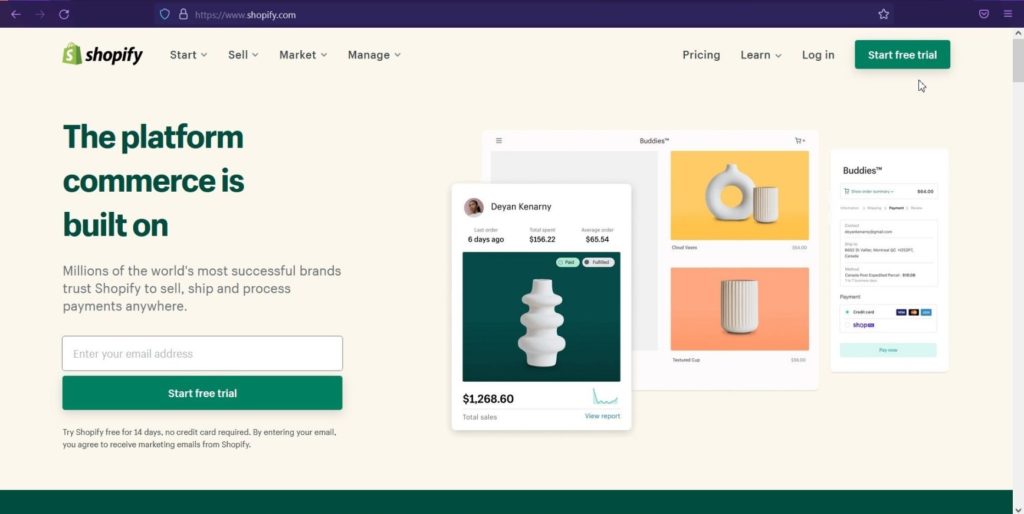
When it comes to using it as a customer, it provides an incredibly comprehensive and easy-to-understand interface, with a variety of templates to choose from. You can somewhat tailor them to suit your design preferences and you’re good to go!
Thus, if you’re wavering between the two based on the question of user-friendliness, you can rest assured that whichever you go for, Duda or Shopify, you won’t make a mistake. They’re both easy to manage, creative, and adequate.
Duda is, admittedly, more versatile, but if you’re thinking of creating an online store, that’s hardly an essential matter, so either option is equally good.
Shopify vs. Duda Website Examples
Yet, there’s more to a website builder than just listing its basic features and stating what, hypothetically, it’s good or not-so-good for. One needs to also look at both specific features, and at how they’re practically implemented, through examples.
Shopify Website Examples:
As an online-store-oriented website builder, Shopify is brimming with sales-oriented tools and features, meant to enhance both your experience as an e-commerce online provider and the user experience of potential buyers.
Therefore, it boasts store management tools such as dropshipping, an option for refunds, as well as a Manage On the Go tool, which enables you to use your Shopify-created website from your mobile device, wherever you find yourself to be.
In that sense, it also manages some parts of your website inventory automatically. For example, once a product is out of stock, it immediately removes it from the list of available products, while simultaneously notifying you of the current state.
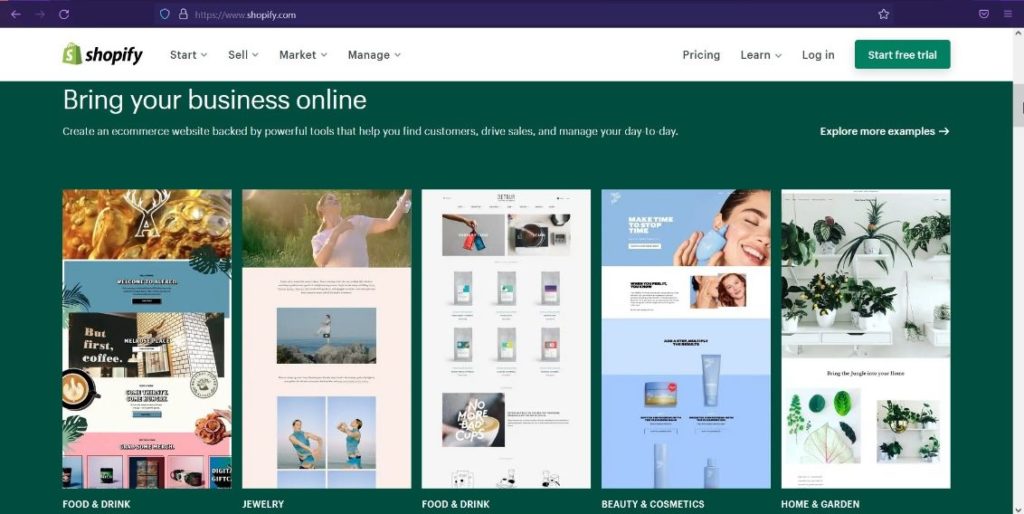
What’s more, when it comes to organizing both your inventory and your website, Shopify also comes with a Customer Groups option, which allows you to categorize your products according to the types of potential customers.
It comes with a well-developed SEO, which, among other things, automatically connects you to social media, and helps develop sales, gift cards, discounts, etc.
The best part? – Every Shopify store you create comes with an automatically generated 256-bit SSL certificate, which is completely free!
If you’re looking to see what all of these features look like in practice, you needn’t look further than the following Shopify-created website examples:
Duda Website Examples:
Duda offers a completely different variety of extra features. To begin with, it is a multilingual platform, meaning that you can choose to make your website in different languages, depending on where you’re situated and what your target audience is.
It also boasts a variety of tools suited for teamwork, which usually come as part of the Duda Team Package. However, if incorporated, the features will make for an even more intuitive and user-friendly experience.
Some of these features include Team Member Feedback, and the comment logs and notifications, which allow multiple people to simultaneously work on the same online platform and instantaneously share feedback with one another.
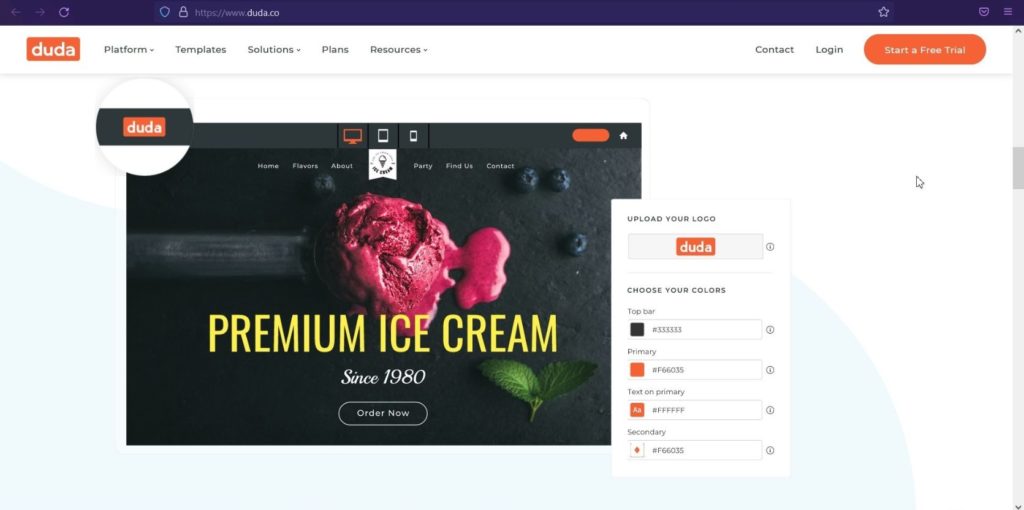
Furthermore, aside from allowing for even more in-depth customizations (going as far as allowing IT-induced professionals to additionally modify the templates and tools using professional programming languages), Duda also comes with an e-commerce option.
Connected to Ecwid, this tool allows you to connect your website to multiple different production and commerce-related platforms, in addition to enabling you to promote your products.
As for seeing particular website examples of what this looks like, you can observe some Duda-created platforms here:
Shopify vs. Duda for Agencies
Still, there’s even more to discuss with regards to how usable and serviceable Duda and Shopify are to different agencies. External, third-party integrations, as well as connections to social media and partner websites, and, finally, customer support, are of crucial importance if we’re considering the success rate of a given business.
Shopify for Agencies:
Considering it is primarily attached to an e-commerce multi-million dollar business, Shopify obviously knows its way around third-party integrations and automated deals between online platforms, with the purpose of guaranteeing you a streamlined online market experience.
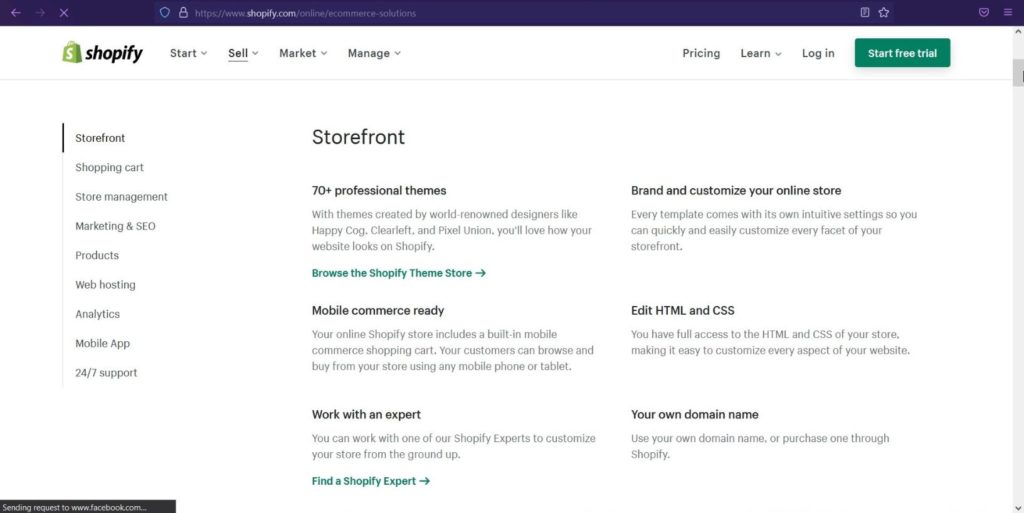
To start with, we can list at least some of the special integrated tools, such as Klaviyo, for example, which functions as a tool for better marketing. Klaviyo can significantly boost sales, while also giving your website good social media coverage, with connections to various platforms.
HubSpot is a plug-in, which enables you to thoroughly analyze your flow of customers and transactions, while also serving to increase the traffic to your online store.
Finally, Shoelace, a smart integration, enables you to generate customized online advertisements meant for different kinds of customers. Tracking your website visits and the customer data, tailoring user experience, displaying targeted online commercials to people most likely to be taken in by them, are some of Shoelace’s superpowers.
This guarantees that Shopify helps you augment the customer experience fully, while also letting you reap the benefits of said experience.

What’s more, Shopify also has a very well-developed customer service section, which is functional 24/7, every day of the week. Feel free to contact Shopify through a phone call, through e-mail, or social media (Facebook, Twitter, etc.) platforms, or through the constantly active live chat option on the website.
By providing direct feedback, customers (as well as potential Shopify creators) will be able to influence the fluidity of their own future experiences.
Duda for Agencies
Duda doesn’t fall short in this respect either. It, too, provides a wide variety of third-party integrations serving to both boost the user experience, and to generate more traffic to your website, to help you connect it to other websites, to social media accounts, and finally, to help boost the customer experience of your potential clients.
Whether by providing an instant connection to platforms such as WhatsApp, Facebook, Instagram, or by internalizing Google plug-ins, like the Google Calendar option, for instance, Duda enables you to swiftly integrate various functions simultaneously.
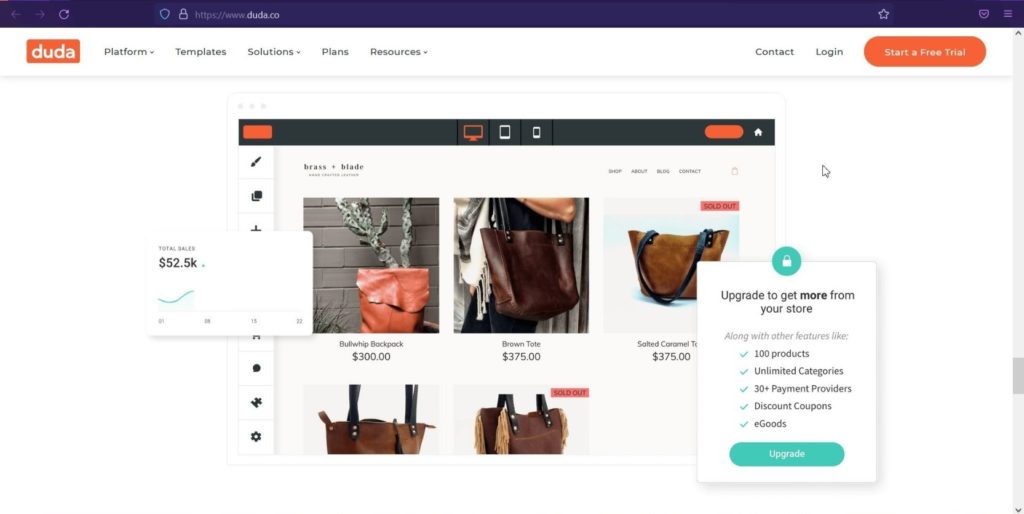
Duda contains a variety of management-oriented integrations, like Yext, AudioEye, and Agendize, which help with organization, attracting customers, and generating sales.
When it comes to streamlining the payment experience, assuming that you’ve decided to create an online store website, Duda allows potential buyers to freely use all kinds of credit cards, like Visa, MasterCard, and Maestro, and it also comes with an integrated PayPal option.
Finally, one of its more remarkable third-party integrations is Mailchimp, which is an incredibly high-end, well-developed marketing platform, invented with the intention of generating a venue for potential customers.
And when it comes to customer support, Duda, too, offers an advanced contact system, much of which is based on a database, which you can mine through to find the answer to your particular problem.
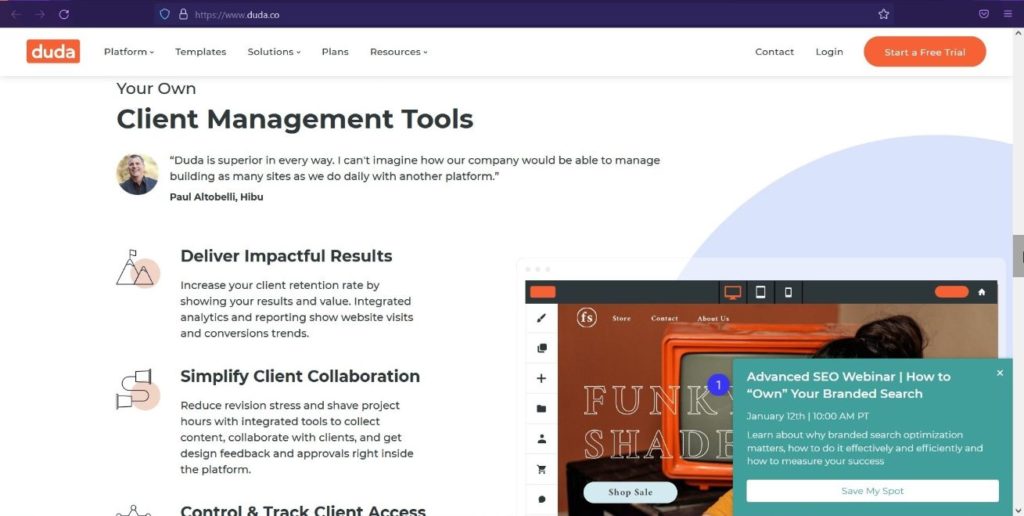
You can also contact Duda directly, through phone or live chat, and if you find yourself in a bit of a pickle, you can use a set of guidelines that’ll help you solve your issues in a nick of time. You can contact them during fixed contact hours, stated on their website.
Shopify vs. Duda Pricing
Finally, one last thing to consider when deciding on the outcome of the Duda vs. Shopify “battle” – the matter of pricing.
Shopify Pricing:
Shopify comes into three distinct pricing plans and an additional free trial period. The three plans are the following:
- Basic Shopify – two staff accounts + essential features needed for starting an online business: $29 per month
- Shopify – up to five staff accounts + additional marketing and customer-retention features, used for developing companies and generating revenue: $79 per month
- Advanced Shopify – availability of all features for website creation, marketing, as well as all advanced third-party integrations and tools: $299 per month
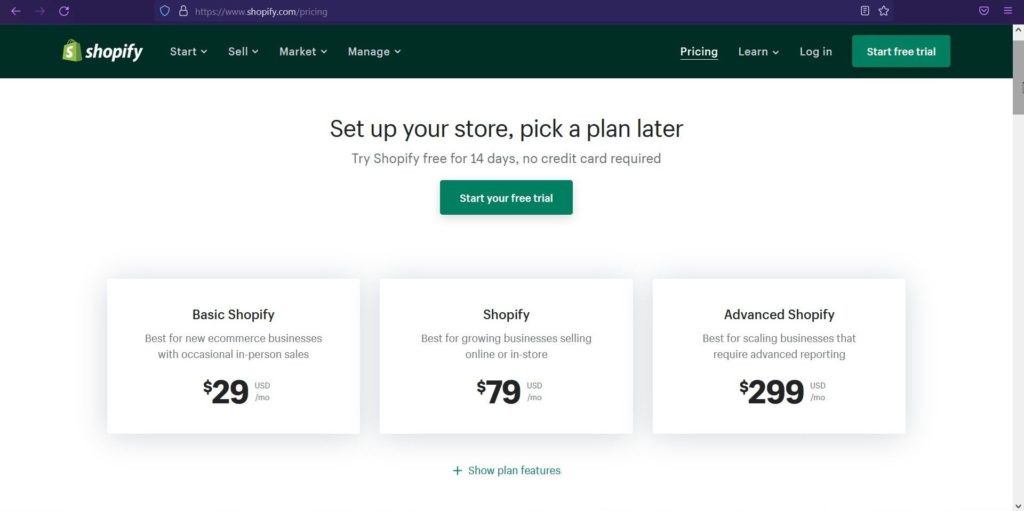
Duda Website Builder Pricing:
Duda also comes with three pricing plans, with an additional extra plan for full customization. The three plans include:
- The Basic Plan – one website, with all the basic customization options + e-mail: $19 per month
- The Team Plan – team management access, additional customization options, the creation of a logo + e-mail and live chat: $29 per month
- The Agency Plan – four websites + special plan for agencies that design websites for other clients, allowing you to host your own website: $59 per month
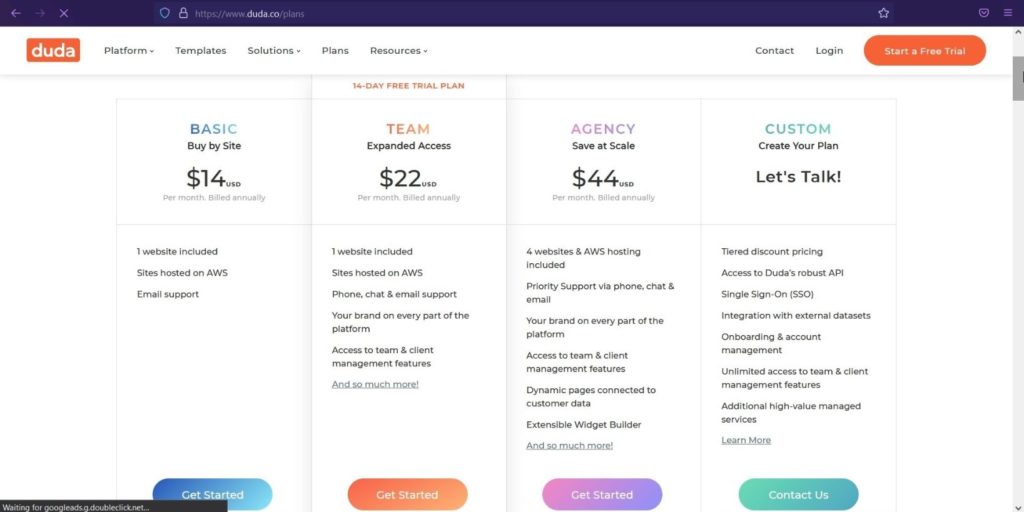
Duda vs. Shopify: Final Verdict
All things considered, our final verdict would be that both Duda and Shopify are equally competent, although they are both suited for different kinds of customers.
If you’re looking at creating an online store website specifically, then Shopify is most definitely the option to go for, as it is made precisely with that type of service in mind.
Duda, on the other hand, is more customizable, so if you’re thinking of making a personal, or a company website (which will not be based around e-commerce), it’s the right option for you.


